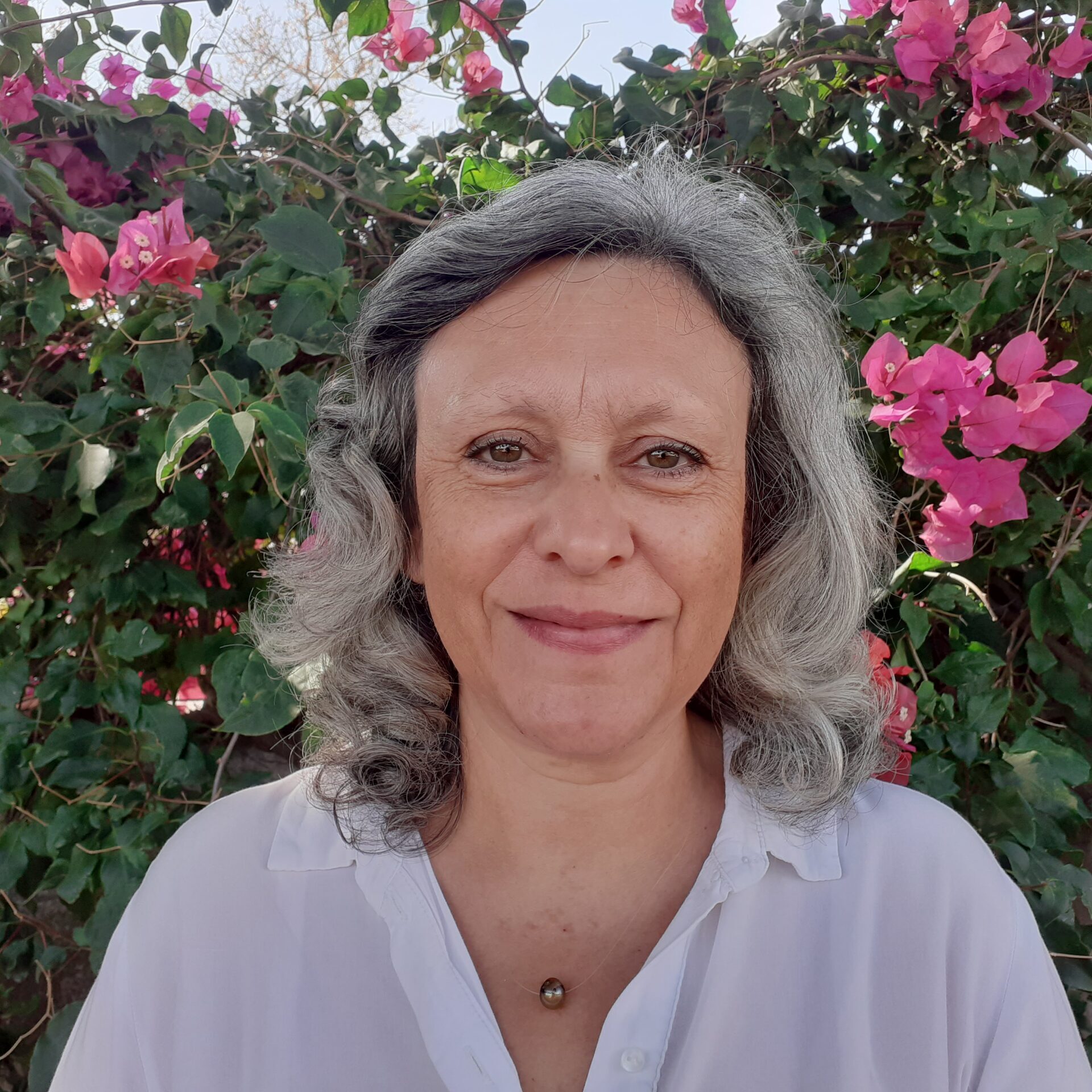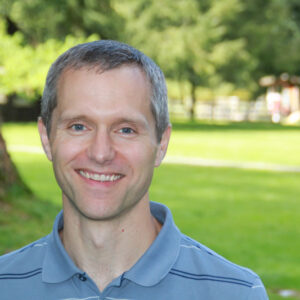

We are living in a time of crisis for the planet. Our overuse and misuse of water, energy and food has led to dangerous levels of habitat loss, pollution, soil degradation and ocean acidification. As a result we face the giant issues of climate change, biodiversity loss, disease and poverty.
A Rocha has always been a voice of hope in the environmental space. The Field notes podcast, hosted by Rick Faw and Jo Swinney, is an exploration of the ideas, practice and experience making a difference on the ground, through conversations with people who really know what they are talking about – from conservation scientists, explorers and biologists, to artists, entrepreneurs and theologians. They have hopeful stories to tell.
The hosts
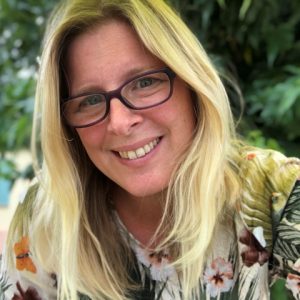
Jo Swinney is Director of Communications for A Rocha International. Jo is the eldest daughter of Peter and Miranda Harris, A Rocha’s founders, and she was raised in Portugal in the first A Rocha centre. She lives in Bath, UK, with her family.
Rick has been a lead educator at A Rocha Canada since 2004. Rick combines academic backgrounds in science (BSc) and theology (MCS) with a love for the outdoors. His desire is for people to integrate their spiritual life with their experience of the created world. Rick, along with his wife Crista and teenagers Jared and Zoë, lives and plays at Kingfisher Farm in Surrey, BC.
The episodes
Ep 51: Jayaprakash Bojan – Up close with an Orangutang and his maker
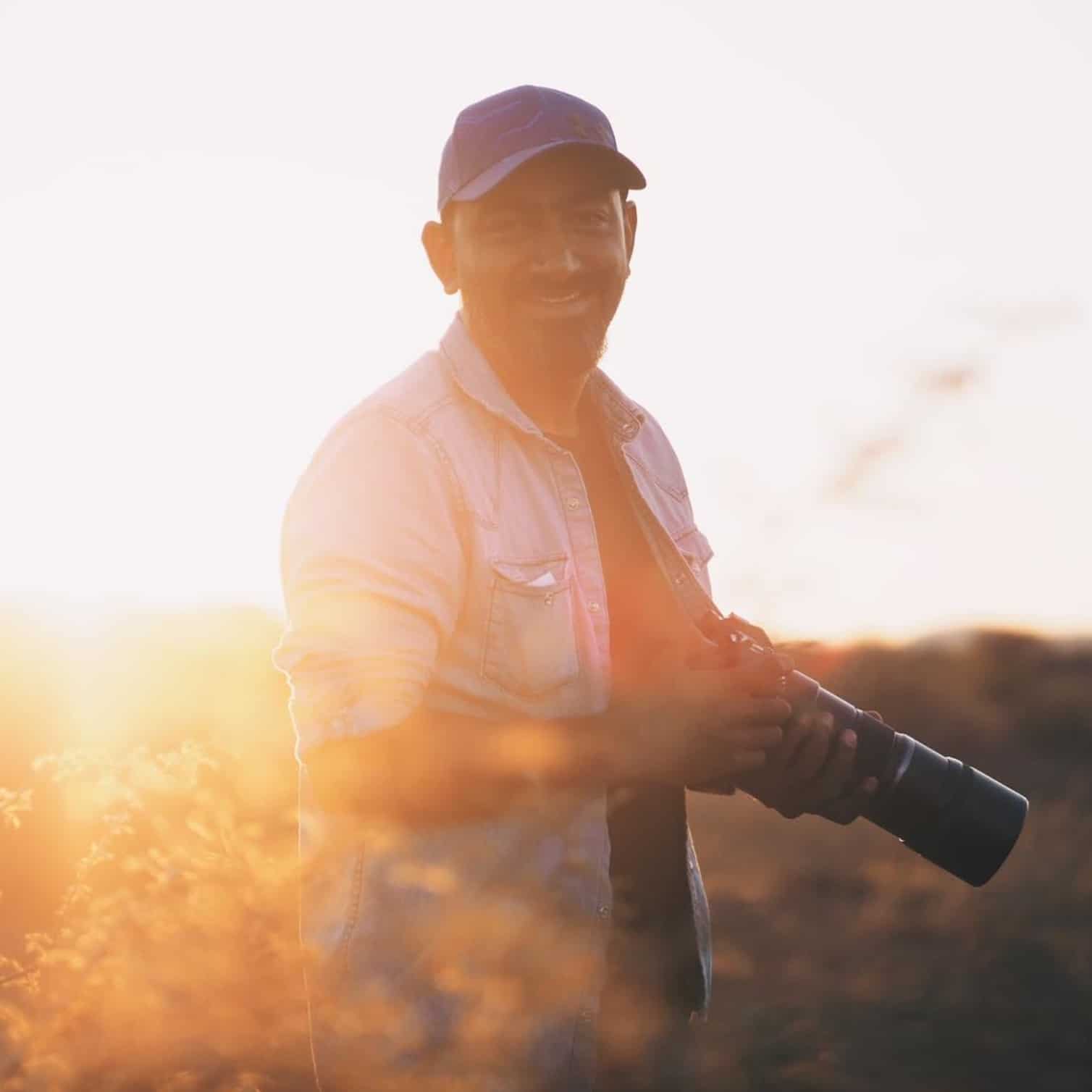
JP lives in Singapore with his wife and their child. You can find him and see some of his incredible photography and film work on social media: Instagram – @Jayaprakash_bojan, Facebook – Jayaprakash Bojan photography, LinkedIn – Jayaprakash Bojan
Ep 50: Jeremy Lindsell – Lessons in conservation
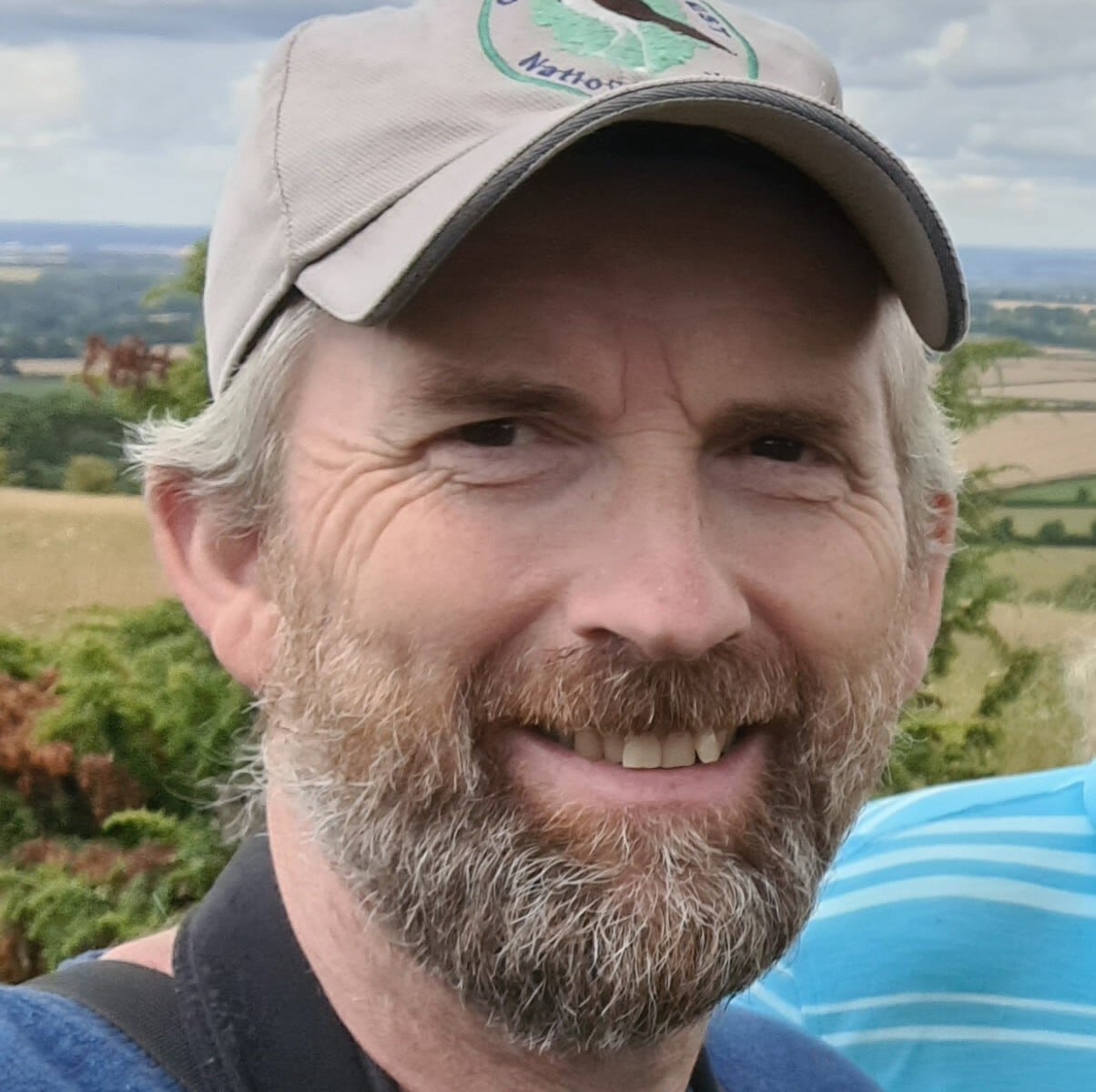
Jeremy Lindsell has been working on globally threatened species and tropical forest conservation for over 20 years, latterly as A Rocha International’s Director of Conservation & Science. He has been closely involved with A Rocha’s major campaign to protect the Atewa Forest in Ghana, leading field research in the forest, supervising studies, raising funds and building an international coalition to support the conservation of this highly distinctive forest.
Ep 49: Sylvia Muia – Gen Z, journalism and fighting for the future
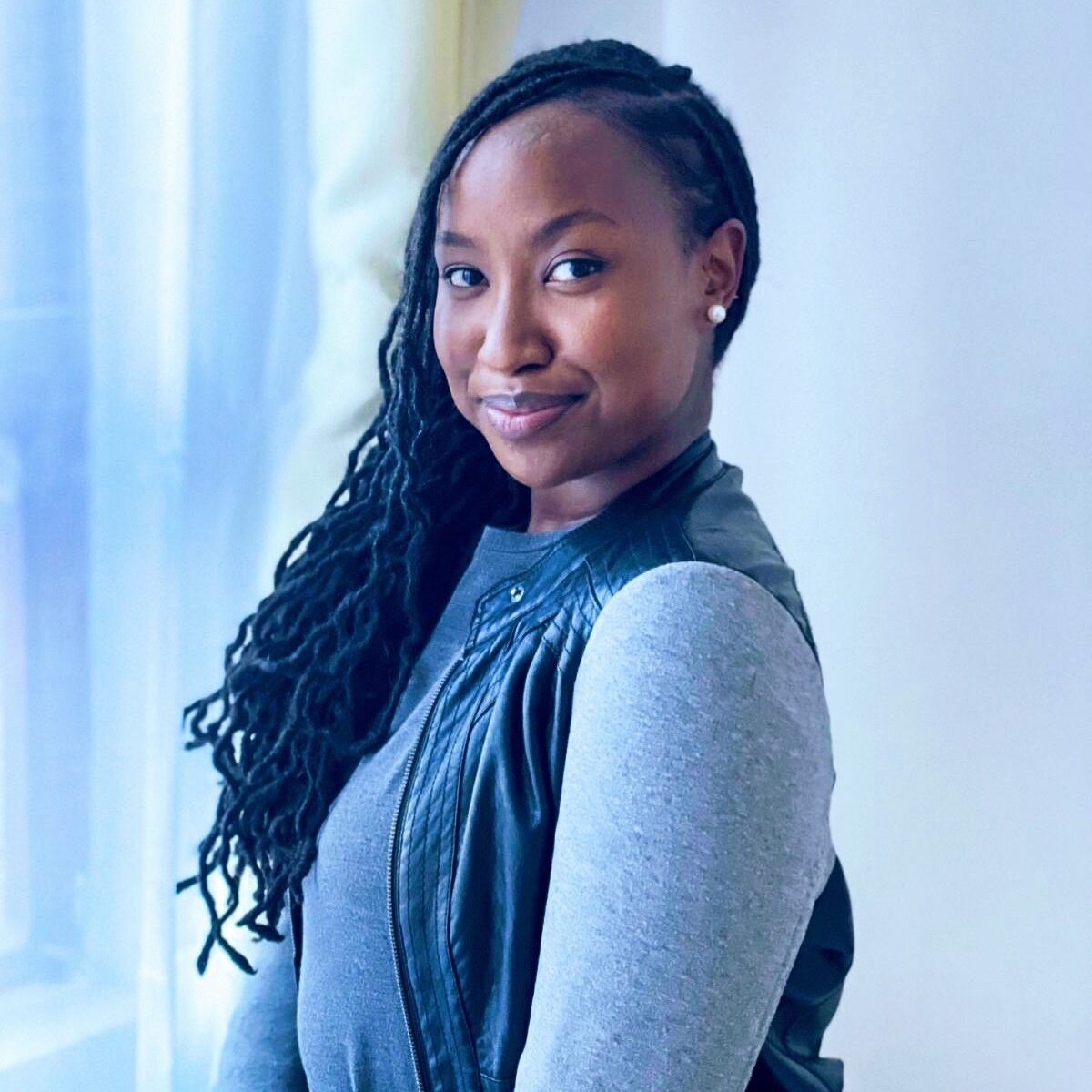
Having begun her career as a multi-media journalist for The Nation Media Group, Sylvia is now a valuable member of A Rocha International’s Communications team.
Ep 48: Jo Herbert-James, Rick Faw & Jo Swinney – The Whole Easter Story
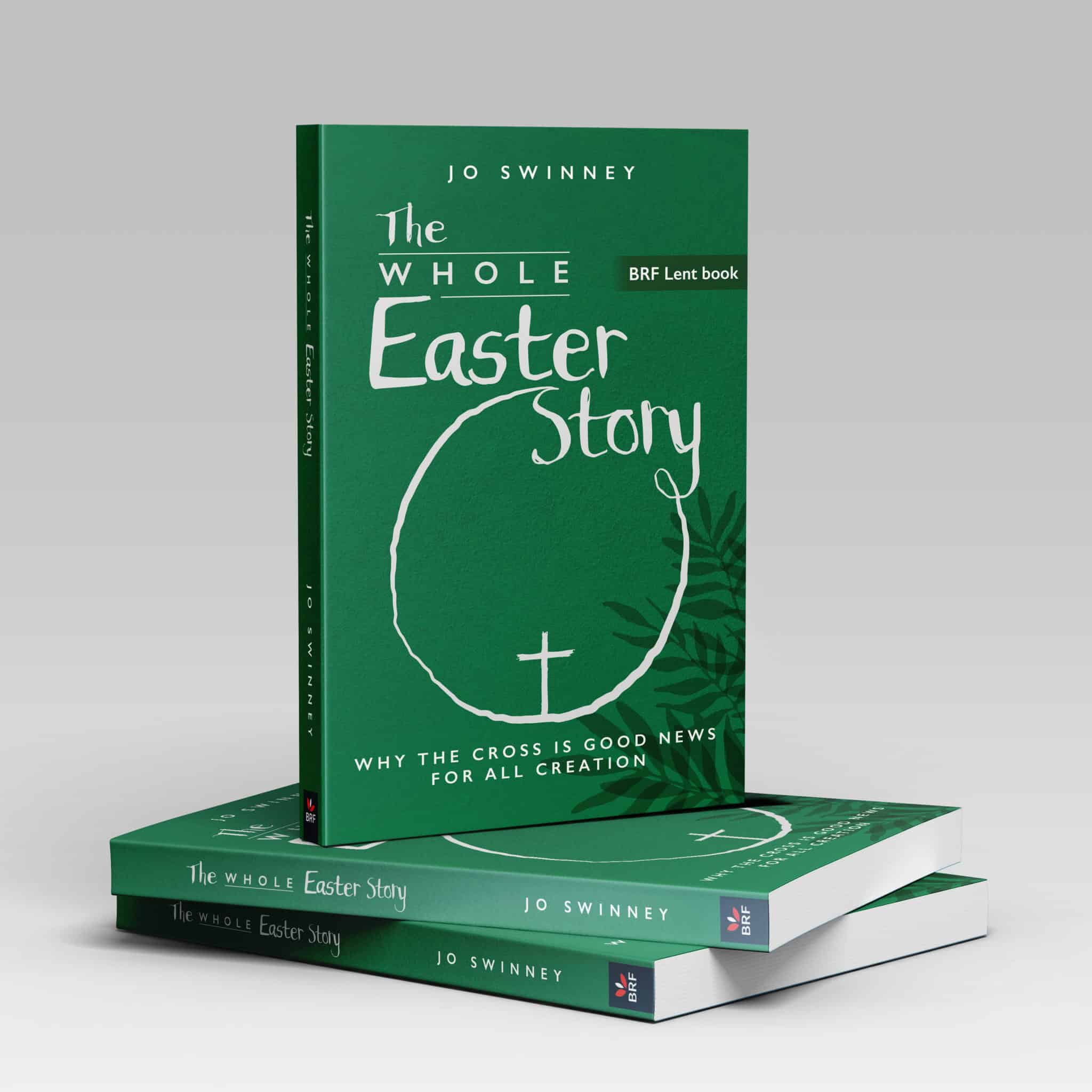
Ep 47: Tim Stojanovic – Whose oceans to gain from and govern?
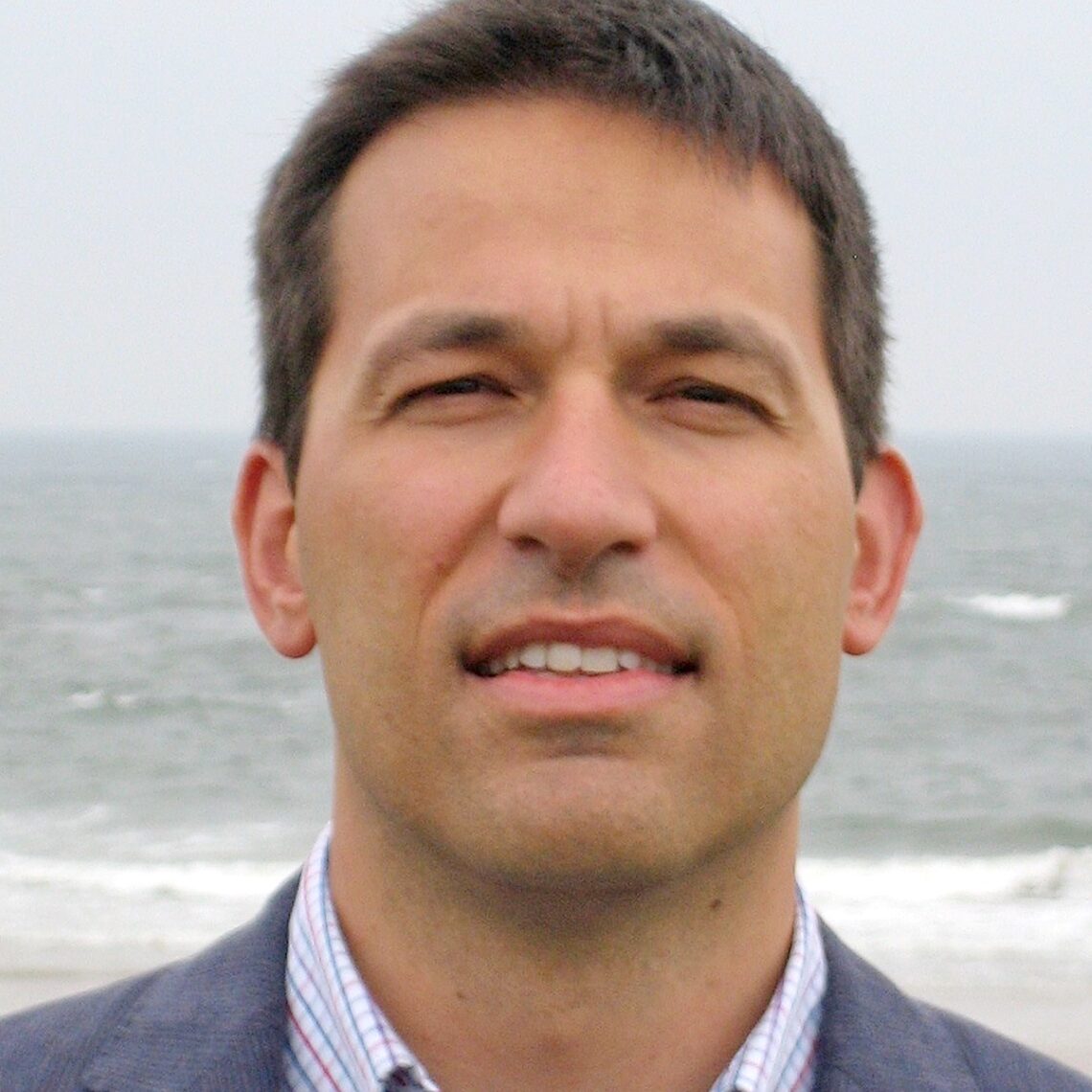
Over his 30 year career, Tim has researched how nations and communities are managing their coasts and seas, and what is being achieved and he has some hopeful stories to tell. In this episode of Field Notes, we ask whether sustainable development is an oxymoron, whether humans ever have a net positive impact on the world around them, and why we need to pay attention to a wider range of benefits to a healthy ocean than economic growth.
Ep 46: Cindy Verbeek – The costly calling of a conservationist
Cindy Verbeek left her city life for a rural Eden in northern BC, Canada, where the air was clean, bears nonchalantly wandered along the local high street and preserving nature was hardwired into community life. It might have seemed an ideal situation for a dedicated naturalist giving her life to conservation. In reality, many years of struggle, discouragement and isolation were to follow, before she learnt how to speak the heart language of her adopted home and everything changed.
If you have ever been tempted to give up, to bow out or run away from the challenges of caring for the world, you will find Cindy’s story both soothing and stirring. Fiercely courageous, funny and honest, she is as good a role model as any you’ll find for this costly vocation.
You can read more about Cindy and her work with A Rocha Canada here.
Ep 45: Cyrie Sendashonga – The politics of protecting nature

Among them is Dr Cyriaque Nikuze Sendashonga, who has worked in the policy and politics of biodiversity conservation for over forty years. She has had influential roles with the Convention on Biological Diversity, the United Nations Environment Program, the International Union for the Conservation of Nature, and more. In this wide-ranging conversation she explains how her deep Catholic faith has been a source of hope and helped her persevere, both in work and in withstanding the traumatic personal losses she has suffered along the way.
Ep 44: Dorothea Seeger – Marine biology & motherhood
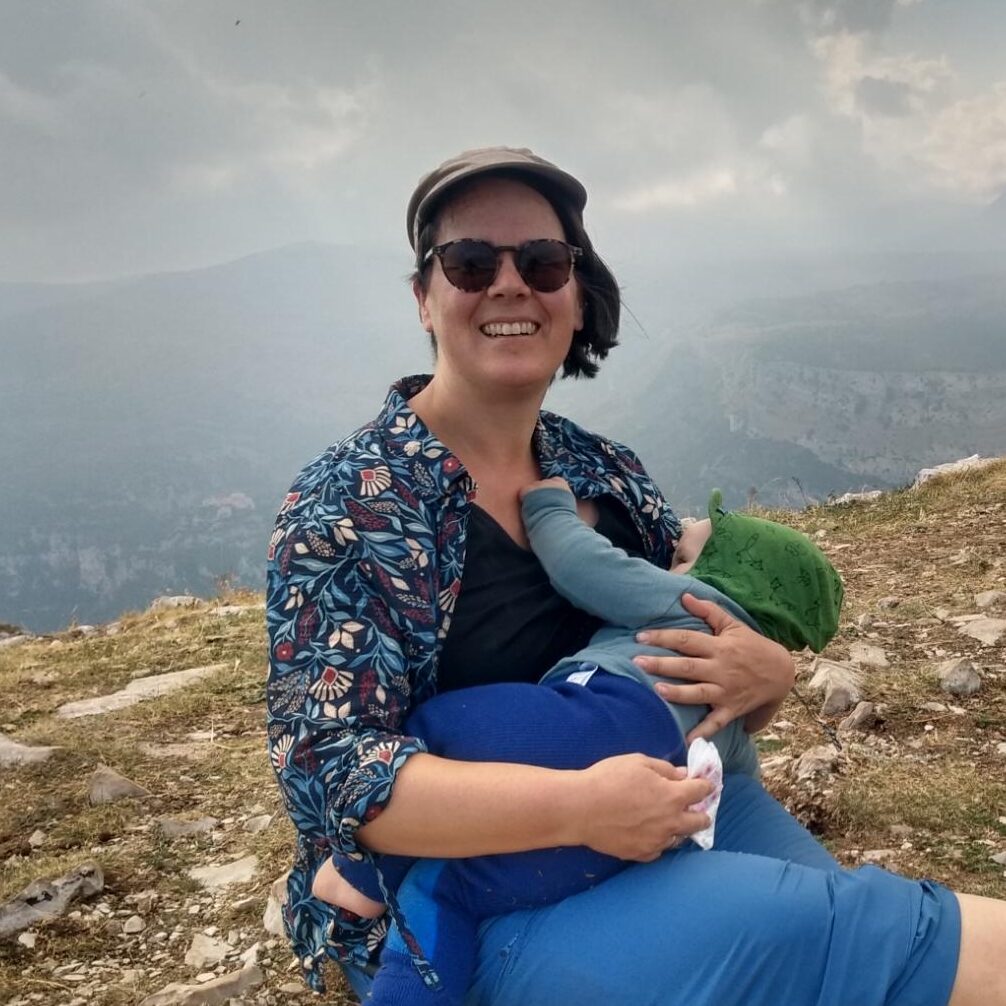
Doro lives in Bremen, Germany, where she works in the Marine Protection Office of BUND (Friends of the Earth Germany). She has a scientific background in coastal ecology. In 2022 she co founded “Hope for People and Nature” with the goal of building up an A Rocha presence in Germany.
Ep 43: Caroline Pomeroy – Stewarding the climate in turbulent times

Ep 42: Cristina Jakob – When loving nature becomes a life
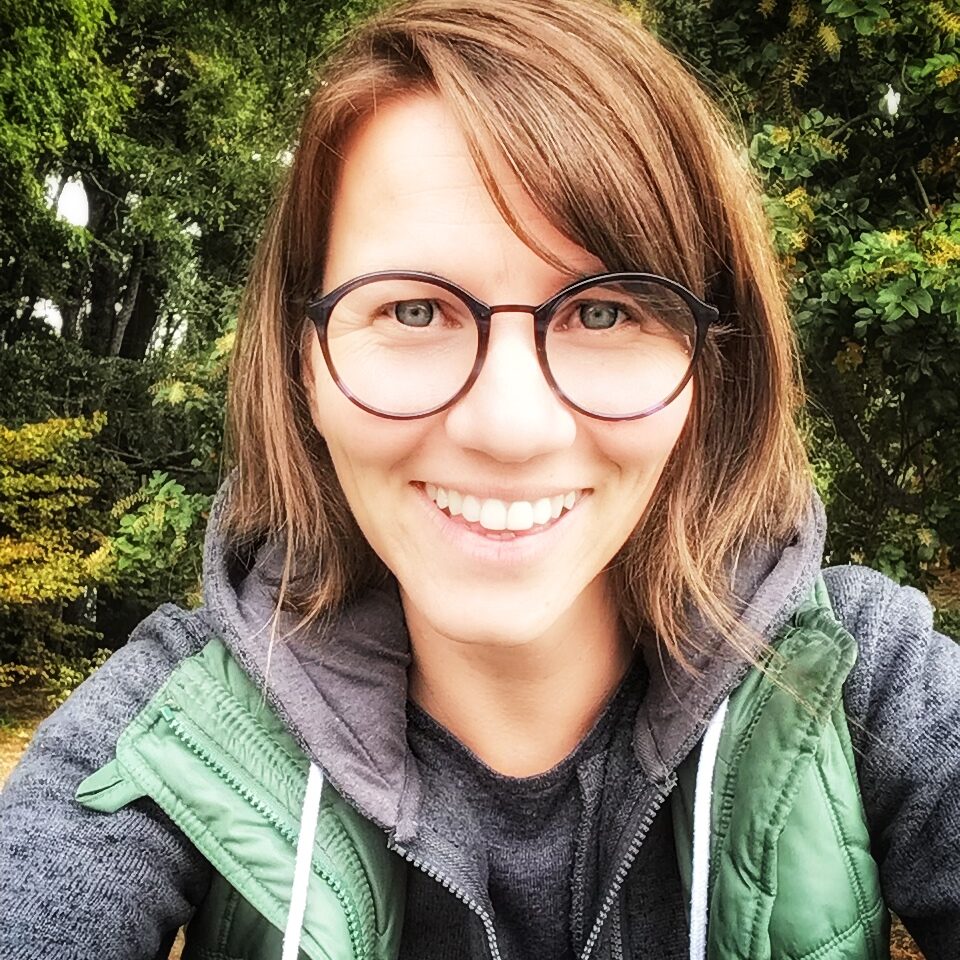
In this delightful conversation, she shares the story of how some unexpected friendships and an internship with A Rocha Canada gave her a new purpose and a community. She co-founded the organization Fundación Retoño, where people can meet around a table and share their struggles and hopes, cook delicious local foods, work the land and walk the woods, figuring out how to protect and care for the piece of land they’ve been given.
Ep 41: Abby Simonin & Carly Richardson – the fellowship of farm & food


Ep 40: Rui Lino-Ramalho – Why conservation is best (and most joyfully) done in community
In 2023, Rui, his wife Debora, and their two young children moved their life from a campervan to Cruzinha, A Rocha Portugal’s field study centre in the Algarve. It is hard to imagine a more radical change but it is one their family has embraced wholeheartedly and with delight, notwithstanding the challenges. In this honest and inspiring conversation, Rui tells stories and reflects on how it feels to live in a home with a constantly changing array of people, united by a common love and concern for the natural world.
Ep 39: Kuki Rokhum – An inconvenient challenge to the Church
More and more Christians acknowledge God’s call to care for his creation, and yet resist taking action. Kuki has preached, taught and written on creation care to audiences around the world for decades, and believes the main barrier is our love of convenience. From Mizoram in North East India and recently appointed as A Rocha International’s first Director of Church Engagement, she tells us about her hopes for the role and what spurs her on despite the challenges.
Ep 38: Federica Marsi – a cynical journalist finds redemption at the Kenyan coast
Federica Marsi is a multi-lingual freelance journalist who has filed dozens of hard-hitting reports from everywhere from Tunisia to Lebanon, Jordan to the Occupied Palestinian Territories. Federica’s life and career were going well and then lockdown happened and everything was taken away. Here she shares her remarkable story about what happened next, and how she left her flat in Milan on an improbable journey to Kenya which eventually leads to A Rocha and Mwamba, its field study centre on the Indian Ocean. A non-believer, Federica not only discovers the wonders of Kenya’s breath-taking land and seascapes and lush wildlife but is challenged in everything she has ever believed before.
Ep 37: Sara Kaweesa – a heart for creation care in a context of suffering
Uganda is known for the beauty and diversity of its landscape, encompassing as it does the enormous Lake Victoria and the snowy peaks of the Rwenzori Mountains. It is a land of contrast, with lush gardens full of tropical fruit and vegetables for the table, while families scrabble around for food. Wildlife in abundance attracting a thriving tourist industry, but local children grow up having never seen an elephant. Uganda has the world’s youngest population with over half of children under four living in poverty and some families only eating every other day. This complex and dynamic country provides many challenges for A Rocha Uganda as they try to balance the desperate needs of poor communities alongside their vision to always care for God’s creation.
Dr Sara Kaweesa, is the founder of A Rocha Uganda and for the last 15 years has been its National Director. She opens up about being accepted as a young female leader in a conservative culture, alongside the immense challenges of educating communities about conservation care, while providing for heartrending needs.
As this was recorded in Kampala the sound quality isn’t always ideal, but we know you’ll be inspired regardless.
Ep 36: Leah Kostamo – How nature both hurts and heals poor mental health
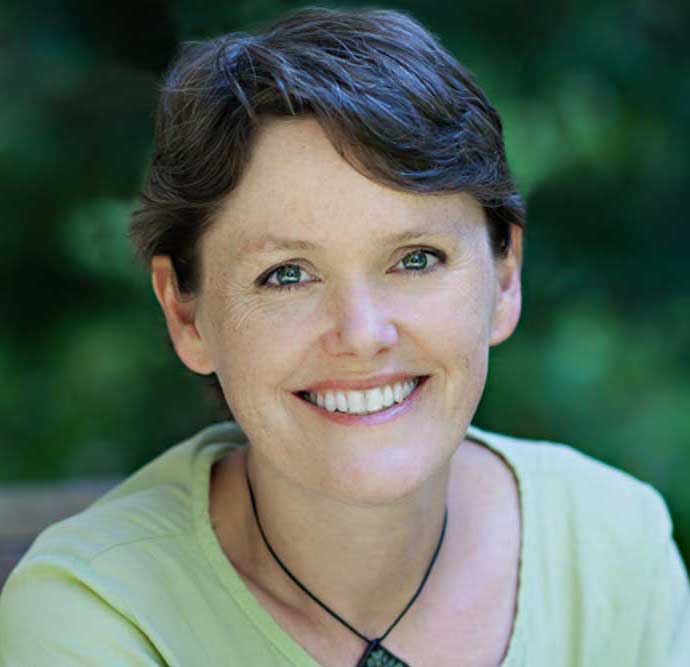
Leah is Co Founder and Spiritual Care Coordinator of A Rocha Canada. Having recently completed a Masters degree in counseling she now also works part-time as a psychotherapist. She speaks from a place of both personal and professional wisdom about the path to healing in this broken and beautiful world.
Ep 35: Ed Walker – Meet A Rocha's new Executive Director
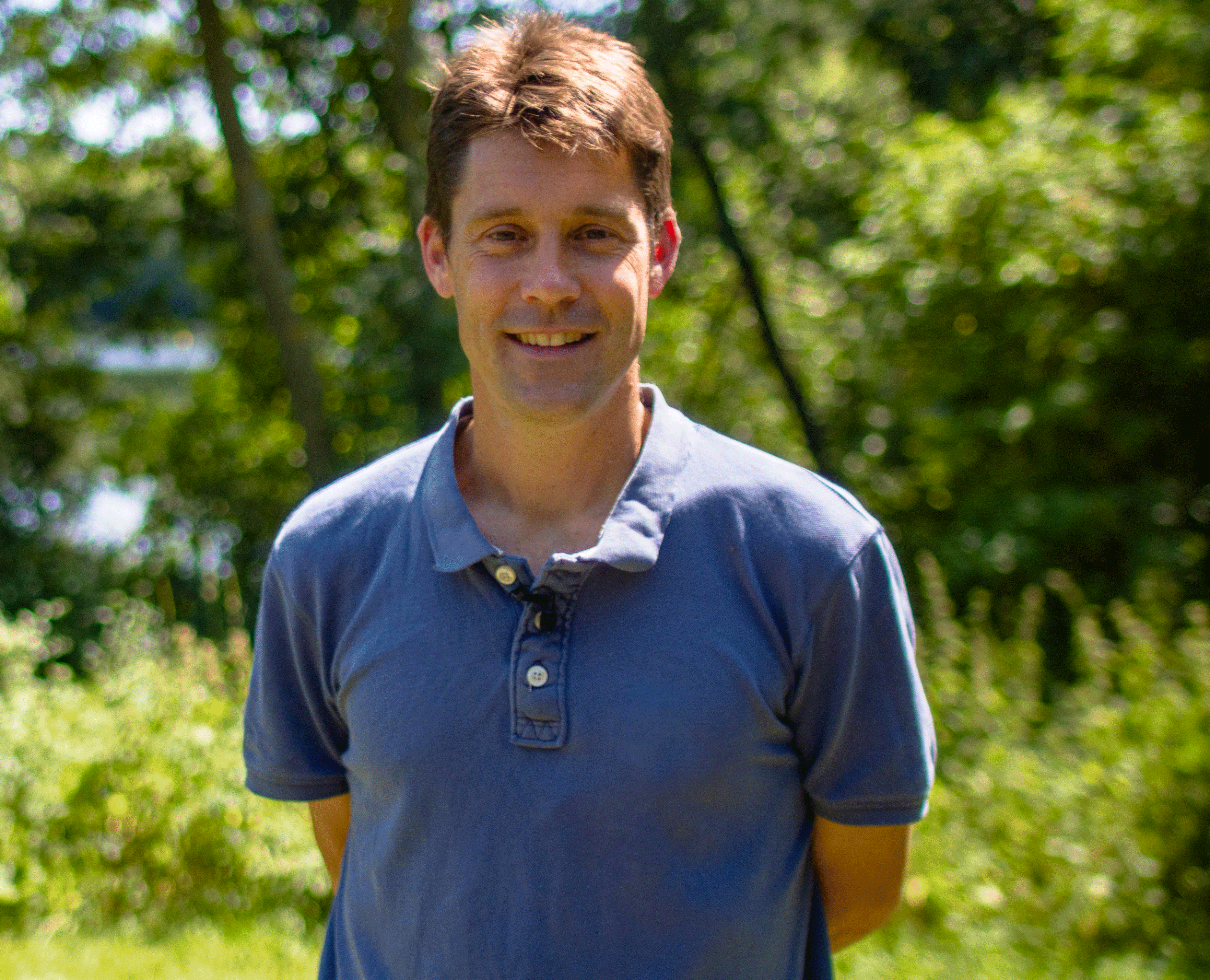
Ed is someone with great vision, energy and integrity – and some hair raising stories! We know you will enjoy his company in this episode of Field Notes, as we did.
Ep 34: Peter Harris - Milestones, miracles and migration
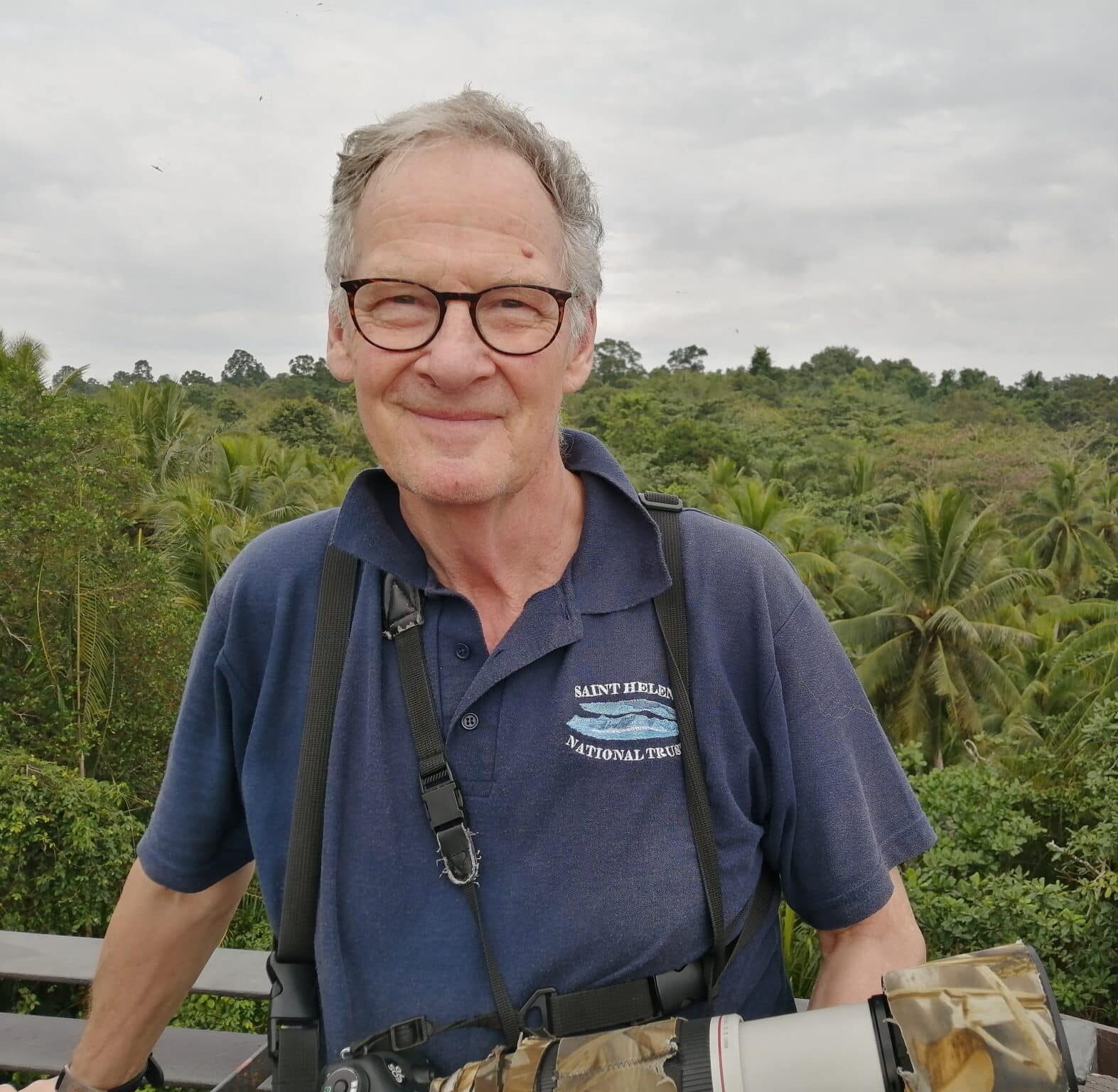
40 years later, A Rocha’s commitments and character are the same, expressed in a multitude of creatively contextualised forms around the world. And the biosphere is in severe crisis. How do we live with our smallness and the scale of the problems? What part can we play in God’s restoration of the world and what can only God fix now? If you have wrestled with these questions, we are sure you will find this conversation a source of deep comfort and inspiration.
To discover more of A Rocha’s story, you might enjoy Peter’s books, Under the Bright Wingsand Kingfisher’s Fire, and Miranda’s book, cowritten with Jo, A Place at the Table.
Ep 33: Godwin Evenyo Dzekoto – collaborative conservation and why humans can be both the problem & the solution
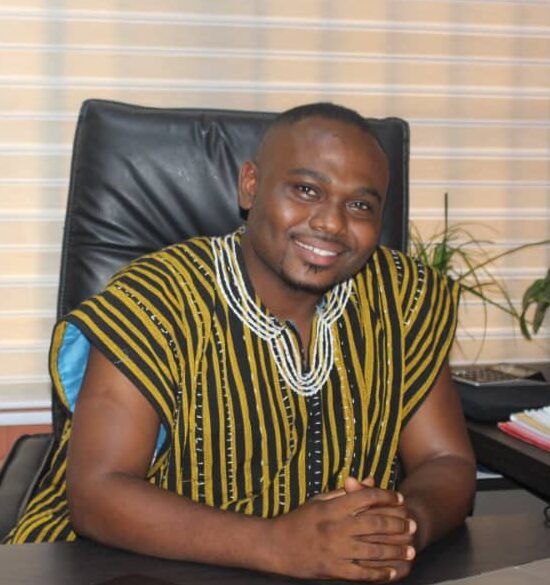
Godwin leads A Rocha Ghana’s work in the north of the country, in and around Mole National Park. The Savannah Region is a beautiful but harsh landscape and severely economically deprived. A Rocha has helped local communities see that their survival is dependent on the well-being of the entire ecosystem, and the choices they make today have consequences that will play out for better or worse in times to come. And together, they are working for a better future for all.
Ep 32: Prarthini Selveindran – Reading the world with wonder
 Do you ever find you have walked for several minutes without any awareness of your surroundings? Particularly in cities, where our senses can be overloaded, we can block out much of what is going on around us. Prarthi has always lived in urban environments so her early love of nature was fuelled by nature shows on TV rather than direct experience. But she’s learnt to be attentive, to live with a posture of curiosity and playfulness, and to learn from the book of nature. As you listen to Prarthi we think you will be inspired to do the same. We were.
Do you ever find you have walked for several minutes without any awareness of your surroundings? Particularly in cities, where our senses can be overloaded, we can block out much of what is going on around us. Prarthi has always lived in urban environments so her early love of nature was fuelled by nature shows on TV rather than direct experience. But she’s learnt to be attentive, to live with a posture of curiosity and playfulness, and to learn from the book of nature. As you listen to Prarthi we think you will be inspired to do the same. We were.
Prarthi really loves amphibians and reptiles—being particularly passionate about frogs and snakes. She spent most of her student life studying these (and many other) fascinating creatures and bio-systems. Her ecological learning was made all the richer during her service within the Varsity Christian Fellowship where she grew to see that earth-keeping is something God is concerned with. She is currently a Head of Ministry with the Fellowship of Evangelical Students (FES) Singapore. She also volunteers with A Rocha International and is co-editor of the book ‘God’s Gardeners: Creation Care Stories from Singapore and Malaysia’, published as part of her work with Friends of A Rocha in Singapore.
Ep 31: Gustavo H. R. Santos – Redefining success and introducing the A Rocha Conservation Certificate
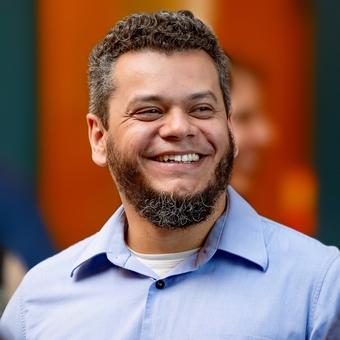
Originally from Brazil, Gustavo draws on his previous experience coming from the business sector to the nonprofit world and challenges us to rethink how we measure success. Rather than continuous growth as the usual marker for achievement, Gustavo shares insights on what living out his Christian faith looks like and how that helps him redefine success. He describes a different way— the A Rocha way, which involves working with vulnerable places and communities, committing to deeper relationships, and learning that contentment is one of the fruits of wisdom. Gustavo also introduces the A Rocha Conservation Certificate and explains how this pioneering program will expand conservation opportunities beyond just science and conservation professionals, to make conservation more accessible for people in all professions and walks of life. Click here to learn more about A Rocha’s Conservation Certificate
Gustavo H. R. Santos serves as a Co-Chair of the A Rocha Worldwide Family Strategic Direction Working Group and as Content Developer for the Conservation Certificate. Born and raised in Brazil, he merges experiences in the corporate and nonprofit sectors and currently lives at the A Rocha Brooksdale Center with his wife Andrea, and their dog, Mokha.
Ep 30: Avinash Krishnan – Deep roots, long trunks: a lifelong commitment to making peace with Indian elephants
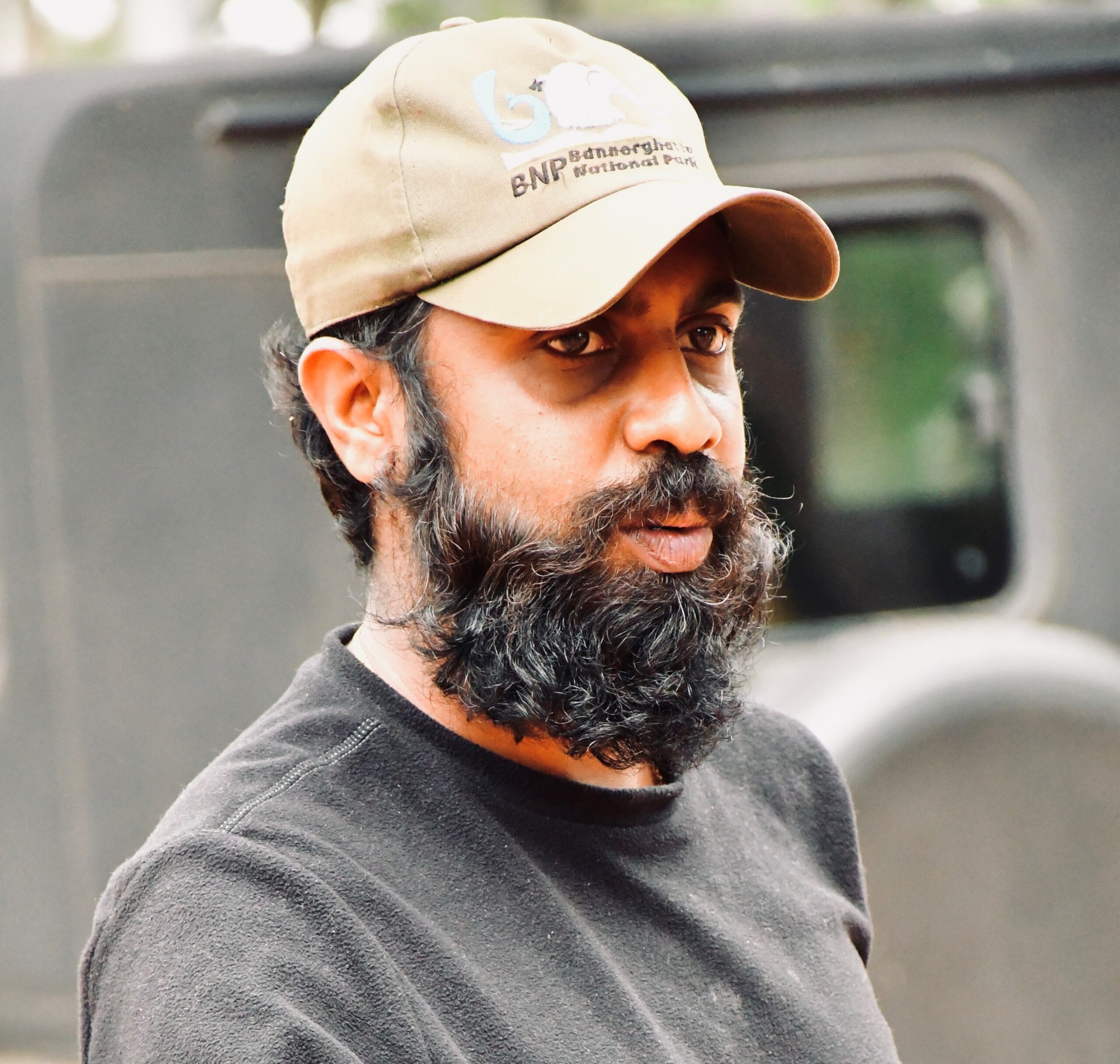
Ep 29: Dave Bookless – Conviction, courage, and the changing church
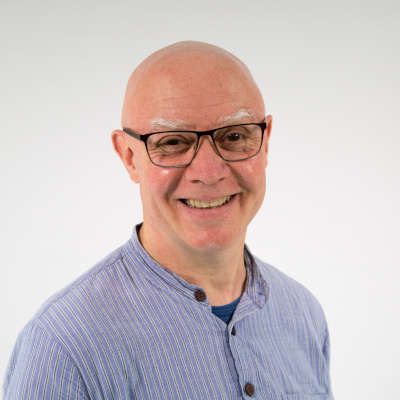
Many of us have felt our consciences pricked in the midst of doing something we know is harming the natural world. But few have thrown their lives into upheaval in the way Dave Bookless did having chucked a few bags of rubbish off a cliff at the end of a holiday.
Twenty five years later, everything from Dave’s job to the food on his family’s table had changed. He founded A Rocha UK, wrote some influential books, got a PhD, became Director of Theology and Churches for A Rocha International and has spoken to Christians from over 100 countries about God’s heart for all he has made. In that time life on earth has thinned dramatically and climate conditions become much worse but Dave has seen the church change and he is hopeful – hopeful because the body of Christ is a force to be reckoned with, and because God’s love and faithfulness is eternal and unchanging.
Ep 28: Judith Ochieng – How digitising data about nature can change the world
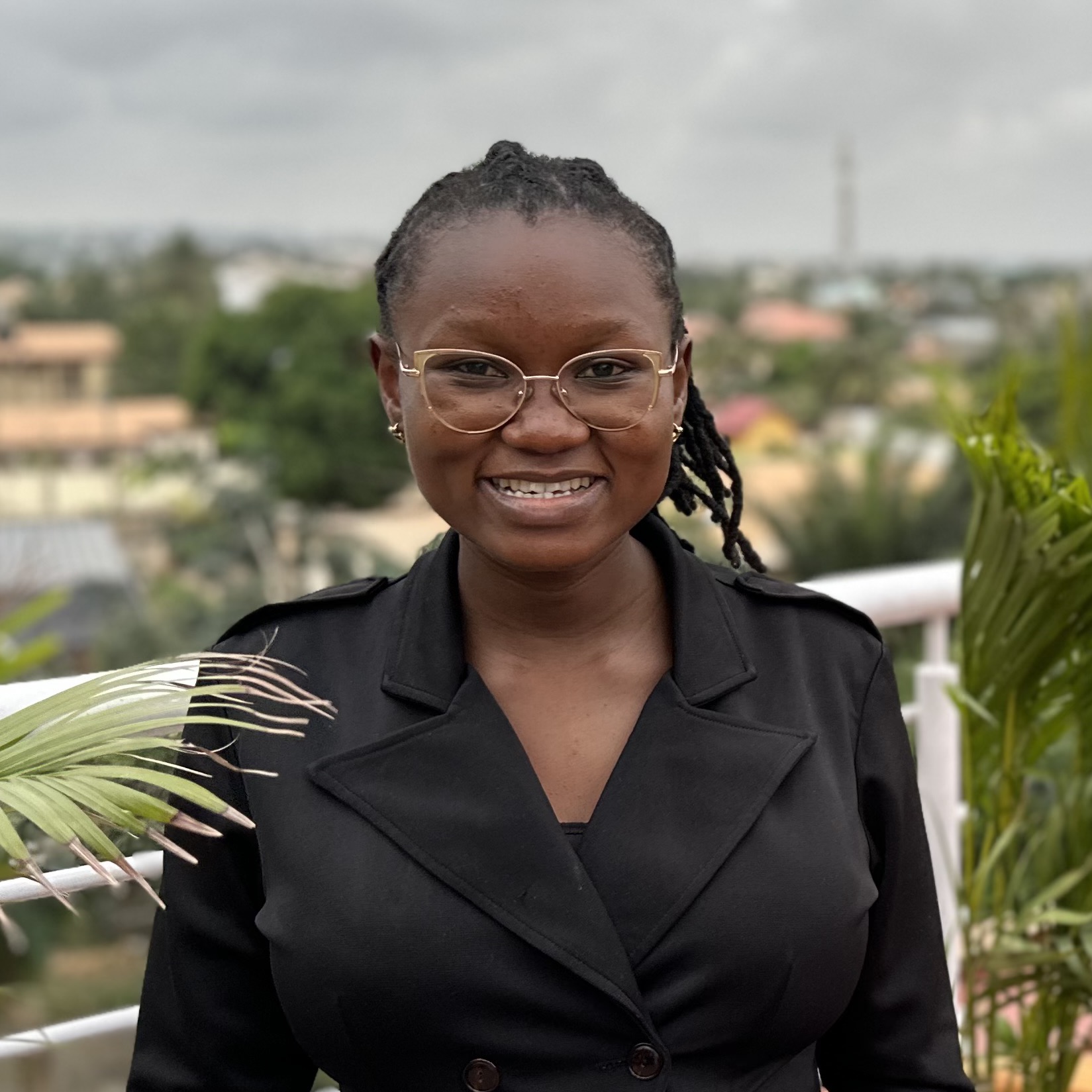
Judith Ochieng is a Kenyan scientist who has spent the past three years coordinating a project to digitise data from four forested landscapes in Kenya, Ghana, Nigeria and Uganda, a partnership of 11 organisations. She speaks articulately and passionately about how the importance of information-based decision making, especially when it comes to conservation, and shares how her faith keeps her grounded and hopeful when the data so often paints a disheartening picture.
Ep 27: Guillaume de Vaulx & Nabil Shehadi – Prophetic acts of hope on Lebanese soil
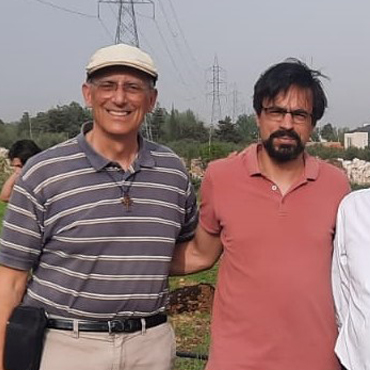
Hope is sometimes understood as a feeling of optimism, but as we all know, feelings are transitory and not a rock on which to build a life. What if we instead understood hope as a practice, an active way of living? Lebanon has a turbulent history, a troubled present and an unknown future and A Rocha Lebanon has had its own traumas, not least the death of its founders, Chris & Susanna Naylor, in a car accident in 2019. In this episode of Field Notes, A Rocha Lebanon’s new co-director Guillaume and chair of the board Nabil reflect on the small-scale but tenacious and resilient story of their work to restore a piece of communal land in the town of Mekse, once a dumping ground for burnt out Syrian tanks, for the good of all. As Nabil puts it, “We’re not a big organization. But with the Lord’s help we can do big things.”
Guillaume de Vaulx shares the role of National Director of A Rocha Lebanon with Damien Kasper. A French national, he comes from a background in academic philosophy. Nabil Shehadi is Alpha levant coordinator and became chair of the A Rocha Lebanon board in 2022.
The story of A Rocha Lebanon’s beginnings and early years is told in the book, “Postcards from the Middle East” by Chris Naylor. For more information about what is going on these days please visit www.lebanon.arocha.org
Ep 26: Christine Warner – Learning from the snail: joyful living within painful limitations
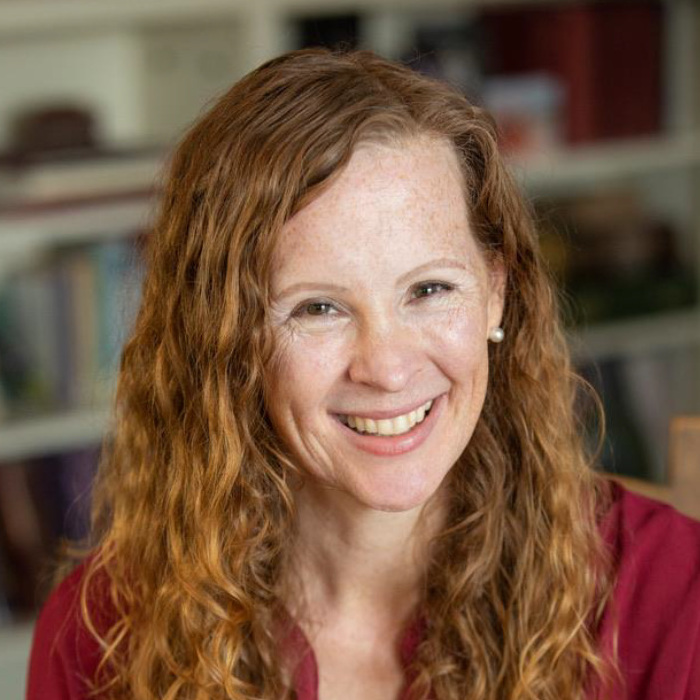
Beauty and suffering coexist in this world. There are breath-taking mountains and devastating volcanoes; healthy children and children born with acute medical challenges; birds that sing in war torn countries. How do we endure suffering and retain awareness of the beauty that surrounds us?
Christine loves snails. Since surviving an encounter with a truck which by all accounts should have ended her life instantly, snails have been an inspiration. During her long, slow recovery, she has learnt to find joy through embracing life within new limitations.
This is a raw and moving conversation which we hope you will find a profound encouragement whatever your circumstances.
Christine grew up in Central America during civil war and natural disasters. She is the Director for the Matthew 25 Initiative, the Anglican efforts to companion the vulnerable, marginalized, and under-resourced communities in the US, Canada, and Mexico. Christine is a trustee of A Rocha International and lives in Austin, Texas, with her husband and their four children.
Ep 25: Jo Swinney – Finding A Place at the Table and a heart for hospitality
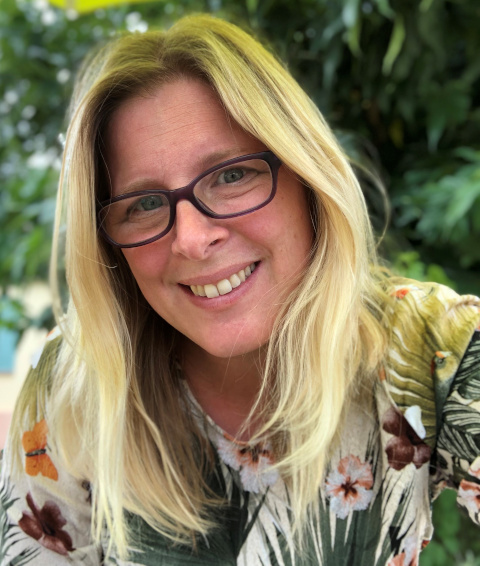
Ep 24: Soohwan Park – Sustainable activism and the prayer-driven life
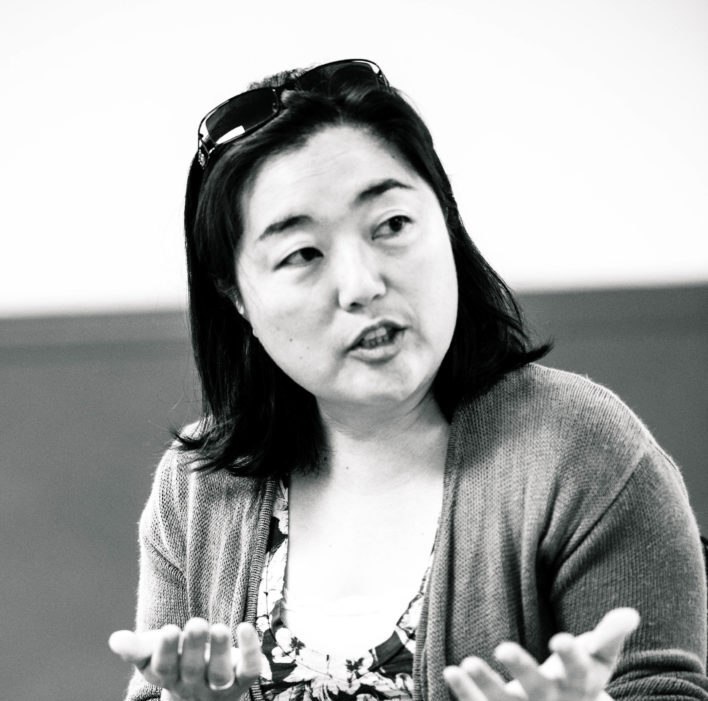
Soohwan has spent much of her working life up close and personal with suffering on a scale most of us only see on a TV screen. From the Dalit of Bangladesh to the fall out of the Fukushima nuclear disaster, she’s spent significant time in places and with people facing severe challenge. In an airport one day she was struck by the dead expression in the eyes of many of older fellow travellers and knew she didn’t want to turn into them one day, so she quit her job and turned her attention to the task of prayer. A Rocha International is blessed to have her as its prayerful board chair.
Ep 23: Stephen Ruttle – The art of difficult conversations – making peace with God, nature, each other and ourselves
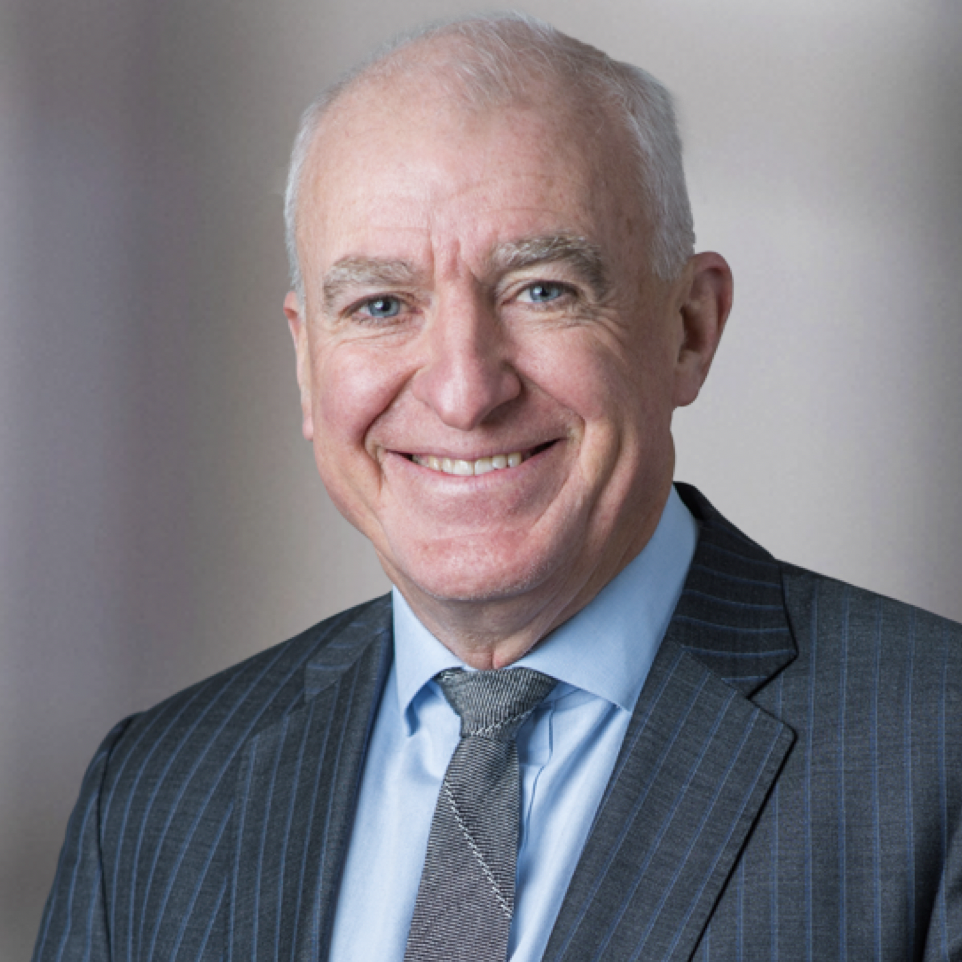
In this episode, Stephen Ruttle QC talks to Peter and guest host Rachel about peace making and the art of having difficult conversations. As a professional mediator, Stephen has extensive experience in resolving conflict, helping sparring groups and individuals turn towards each other in search of peace.
Stephen was a practicing barrister, and latterly QC, from 1978 until 2002. Since then, he has worked full time as a Commercial Mediator. In the last 20 years, he has mediated over 1,500 cases of nearly every legal type, from both public and private sectors. As well as mediating in a commercial setting, he has also supported reconciliation efforts in other areas as well, such as in churches or for nature conservation.
Ep 22: Embert Messelink – Engaging head, hands and heart in the conservation effort
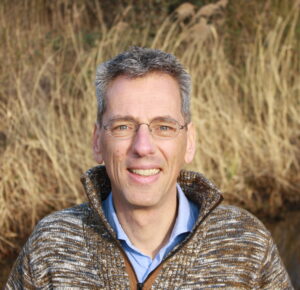
Embert Messelink began his working life as a journalist and a Christian who enjoyed birding but who didn’t see how they connected. When he came across A Rocha, he understood how they all fitted together and the vision for A Rocha Netherlands was born. He stepped down as National Director after 18 years in October ’21 to become a pastor, and he talks with Peter and our guest host Rachel Mander about the struggles and successes of those years and his hope for the future.
Ep 21: Ken Yeong – Being an environmentally friendly consumer in a complex world
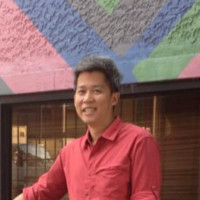
Ken speaks with Bryony and Peter about moving from the private sector to the environmental sector, his passion for the environment and the challenges of supply chains. In his professional life, Ken Yeong has worked on responsible supply chains and nature conservation. Currently, he works as Sustainability Innovation Manager at Earthworm Foundation, but previously worked in the corporate sector for Samsung, Logitech and Olympus, followed by a period at WWF-Malaysia.
Ken also co-authored a chapter of “God’s Gardeners: Creation Care Stories from Singapore and Malaysia”, available to purchase online.
Ep 20: Rodel Lasco – a climate scientist in the Philippines faces facts and remains hopeful
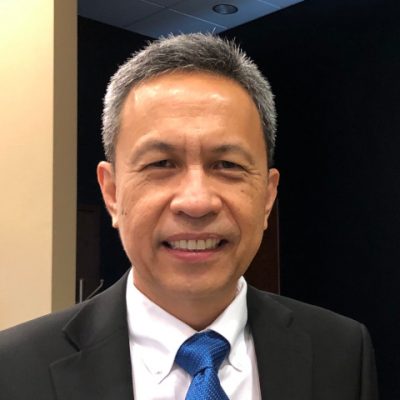
Dr Rodel D. Lasco is a trustee of A Rocha International. He has almost 40 years of experience in natural resources and environmental research, conservation, education and development. His work has focused on issues related to natural resources conservation, climate change and land degradation. He is an author of several reports of the Intergovernmental Panel on Climate Change (IPCC) and is the 2007 co-winner of the Nobel Peace Prize. He is a member of the National Academy of Science and Technology (NAST) in the Philippines. He is the Executive Director of the Oscar M Lopez Center, a private foundation whose mission is to promote action research on climate adaptation and disasters risk reduction. Concurrently, he is a senior scientist of the World Agroforestry Centre (ICRAF), a center devoted to promoting “trees on farms”. He is an affiliate professor at the University of the Philippines.
Ep 19: Sandra McCracken – why a world in crisis needs songwriters
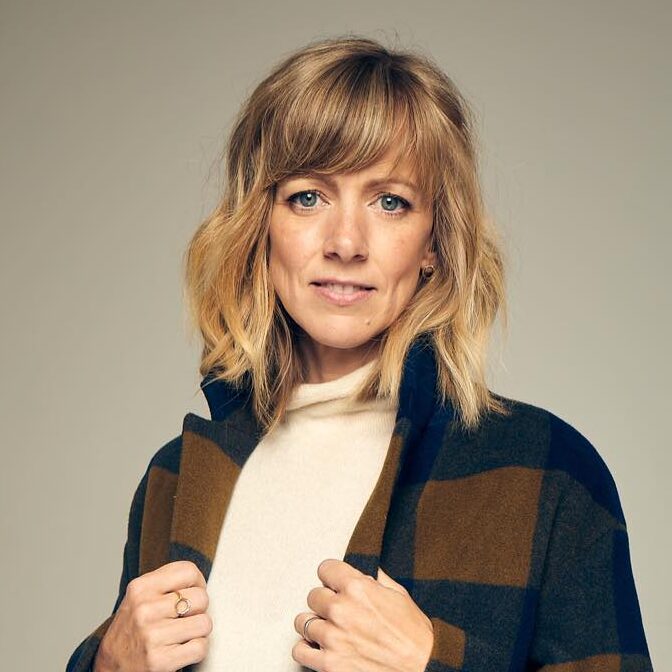
Sandra McCracken is a singer-songwriter and hymn writer from Nashville, Tennessee. A prolific recording artist, Sandra has produced 14 solo albums over two decades. Her best selling release, Psalms (2015) received critical acclaim, followed by God’s Highway (2017) which made the top 50 on Billboard Heatseekers chart without a major label.
Blending the old and new, Sandra has also shown a unique ability to recast sacred scripture texts into theologically rich yet accessible songs. Her thoughtful lyrics and gospel melodies in songs like “We Will Feast In The House Of Zion,” “Steadfast” and “Thy Mercy My God” have become staple anthems in churches across the U.S. As a published writer, she contributes a regular column in Christianity Today and released her first book “Send Out Your Light” in September 2021.
Ep 18: Sarah-Lan Mathez-Stiefel – The impact of human societies on nature
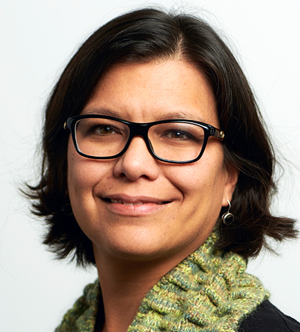
Dr Sarah-Lan Mathez-Stiefel is a Senior Research Scientist at the Centre for Development and Environment at the University of Bern, and Senior Advisor for the Regional Hub South America of the Wyss Academy for Nature. She has a long history with A Rocha, having first met Peter aged 11!
Now in her 40s, Sarah-Lan has had an impressive career in the fields of sustainable development, natural resource management and conservation. One of her particular passions in ethnobiology – the study of different societies and their relationship to nature.
An excellent communicator, she speaks with clarity and wisdom about the way ahead of nature, about the transformation of Indigenous knowledge, and how societies respond to nature in the 21st century.
Ep 17: Cheryl Bear – The significance of land to the Indigenous peoples of Canada
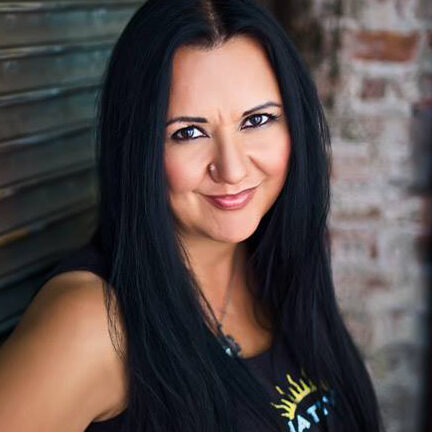
Cheryl Bear is from Nadleh Whut’en First Nation and is well-known as an important and respected voice on behalf of Canada’s Indigenous peoples. She is an Associate Professor at Regent College in Vancouver, BC, where she currently lives. She is also a multi-award winning singer/songwriter who shares stories of Indigenous life through story and song.
In this thoughtful interview, Cheryl shares from her experience as an Indigenous woman about the role that the land and nature play in her understanding of home.
Ep 16: Mako Fujimura - How art which honours nature's rhythms can heal trauma
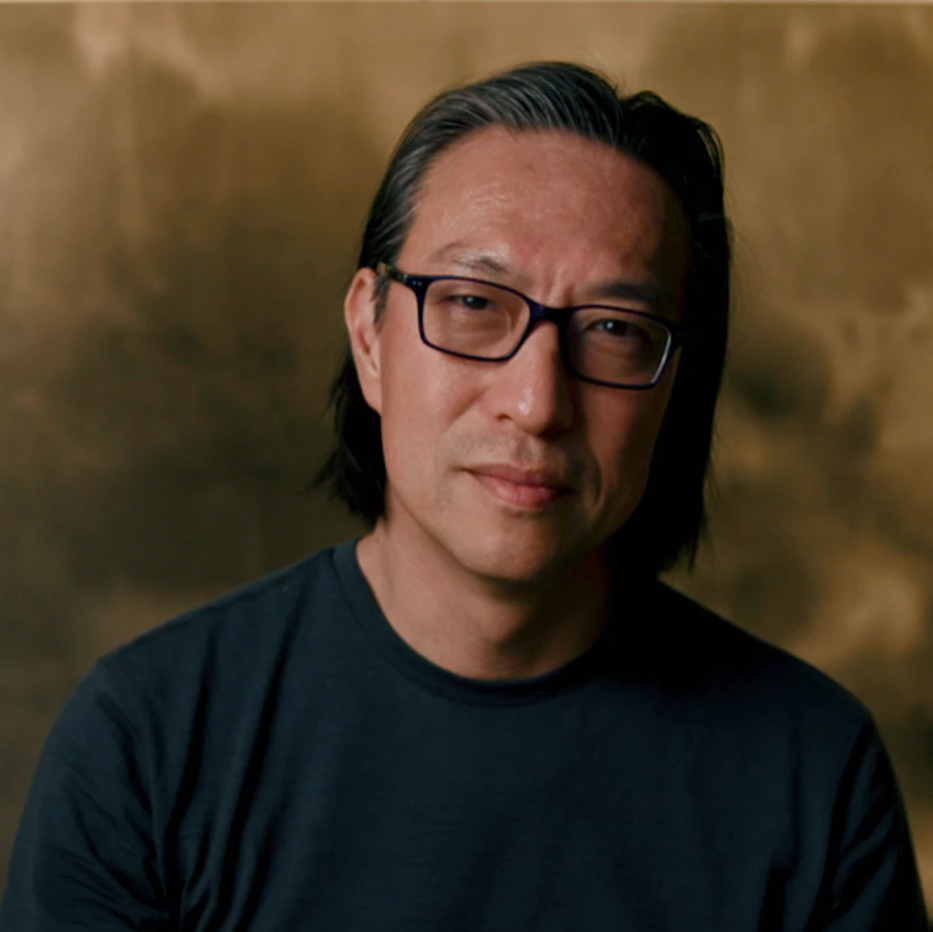
[Photo credit Windrider Productions]
Ep 15: Darren Evans – What motivates us to care for the planet?
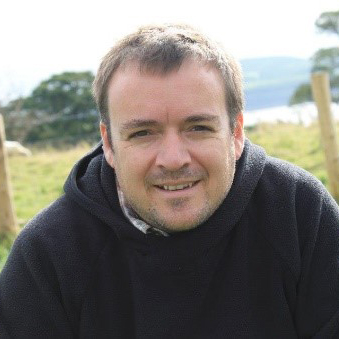
Darren Evans is Professor of Ecology and Conservation at Newcastle University, his research earning him the nickname ‘Dr Duck.’ He leads a research group examining the impacts of environmental change on foodwebs, especially in forestry and farmland, with a focus on mitigation and restoration strategies. He enjoys working at the science-faith interface and regularly speaks on the biblical basis for nature conservation. Darren first volunteered for A Rocha as a teenager and remains a good friend and valued advisor to us.
He talks to Peter and guest host Dan Nolloth about the underlying motivations for working in conservation, the intrinsic spirituality of caring for the planet, and the restoration of relationships between God, his people, and his land.
Ep 14: Jyoti Banerjee – Changing systems so we can change the world
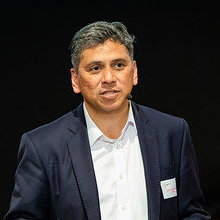
Jyoti Banerjee is co-founder of North Star Transition which aims to accelerate systemic change with the goal of increasing the impact of global efforts to halt climate change and biodiversity loss. He was part of the team that created the Integrated Reporting movement globally. He has been an impact investor for two decades and used to be an entrepreneur in the tech sector. He taught technology entrepreneurship at Said Business School, University of Oxford. He grew up in New Delhi and lives in London.
Ep 13: Ruth Padilla DeBorst – A story of living hopefully in Costa Rica
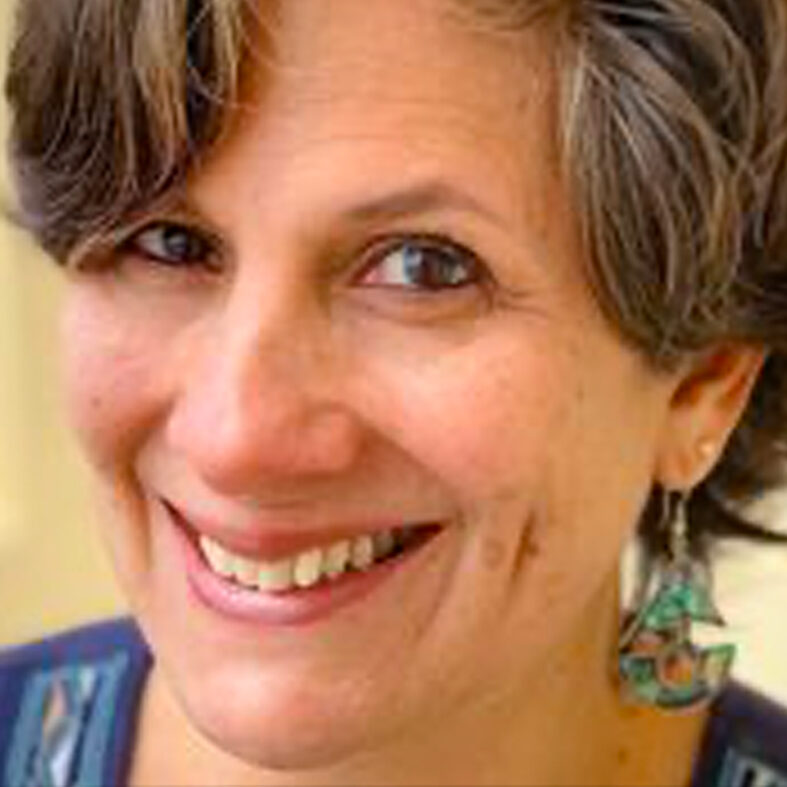
Ruth Padilla DeBorst is a renowned Latin American theologian based in Costa Rica, where she lives in Casa Adobe, an intentional community committed to living as good neighbours in right relation with people and the rest of creation. She is a long-time friend and former trustee of A Rocha International.
In this profoundly moving conversation with Peter and Bryony, she talks about how a terrible personal tragedy 24 years ago brought her to a new understanding of God’s compassion for our suffering and the importance of honest lament.
Episode 12: Seth Appiah-Kubi – Fighting for Ghana's forests and the intrinsic value of nature
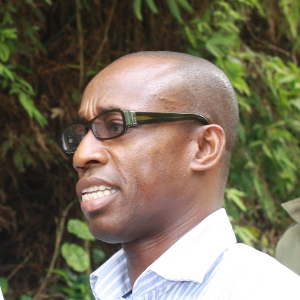
Is nature intrinsically valuable? Or should we only value nature that benefits humanity?
Trained as a Chartered Management Account with an MBA in International Business, Seth Appiah-Kubi hasn’t come from a conservation background. However, his background in finance and subsequent work in securing natural resources shows the importance of an interdisciplinary approach in caring for creation. We need scientists, but we also need economics, politicians and a wealth of other professions to understand the importance of nature.
In this episode, Seth talks with Bryony and Peter about the work of A Rocha Ghana in the race to protect the Atewa Forest from Bauxite mining. In a country where roughly 70% of the population are Christians, he also knows more than most about how the teaching of the church can impact a population. He speaks with wisdom about the challenges facing the Atewa Forest and Ghana, but also with a real sense of hope.
Episode 11: Deepa Senapathi – Balancing the needs of nature and humanity
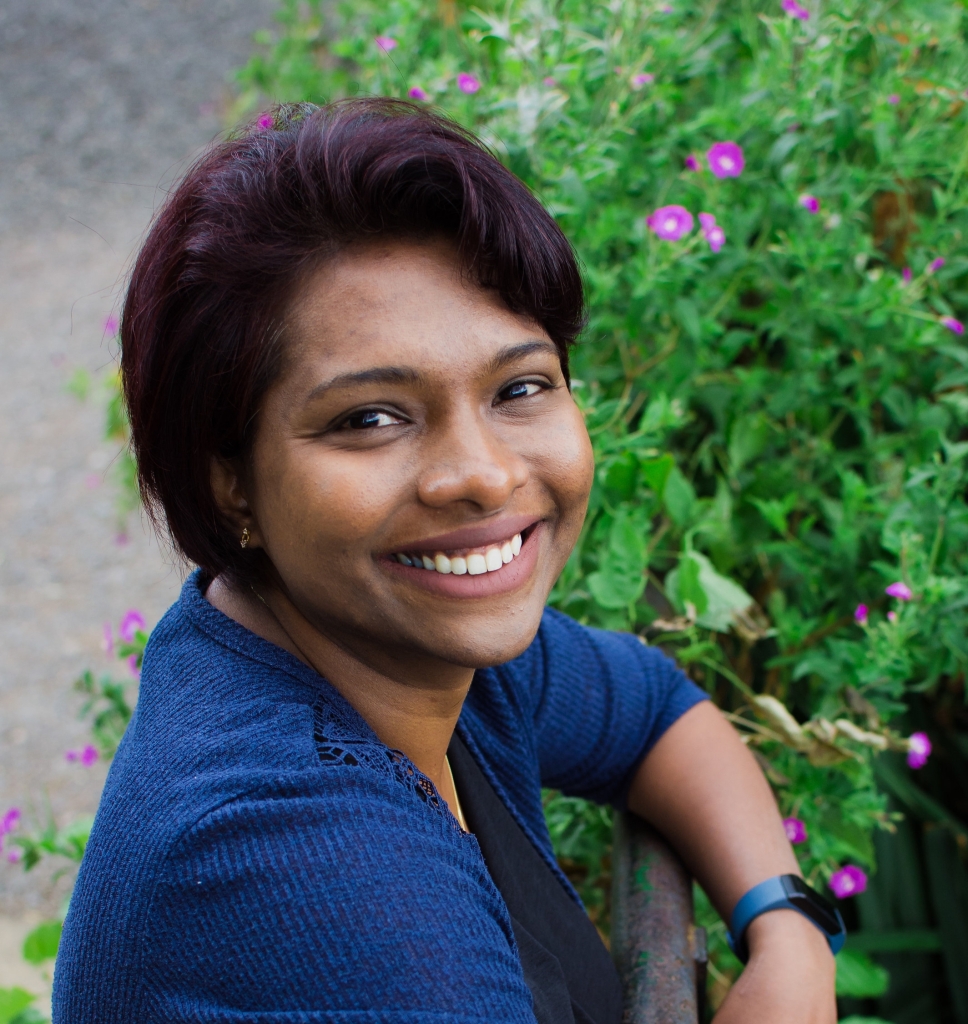
Are human livelihoods more important than nature?
Dr Deepa Senapathi is Senior Research Fellow in Biodiversity and Ecosystem Services, at the University of Reading, UK, and also serves on A Rocha International’s Conservation Science Advisory Council. Deepa was born and grew up in Chennai, India, before further studies and research based in the UK. Her research has focused on critically endangered bird populations in Mauritius and India and, more recently, on insect pollinator communities in Britain and India.
She speaks with Bryony and Peter about the importance of balancing the needs of nature with the needs of humanity, the challenges this creates and why she remains hopeful for the future.
Episode 10: Colin Jackson – Conserving Kenya’s forests through church and community
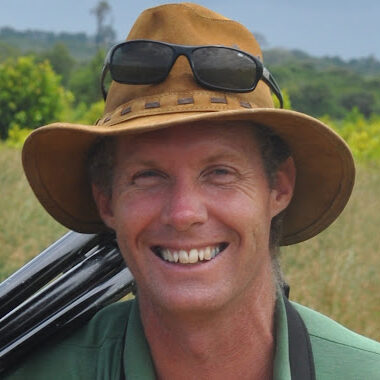
The Dakatcha Woodland is facing a crisis. It is among the ten most threatened forest hotspots in the world, located 150km north of Mombasa in the south of Kenya. It is home to a number of rare species, but is threatened by an unprecedented rush of people purchasing land for agriculture and, in particular, pineapple farming and charcoal burning.
Colin Jackson, Director of A Rocha Kenya, founded the organization in 1999 after working with A Rocha Portugal for three and half years. He speaks with Bryony and Peter about the importance of the Dakatcha Woodland, how climate change has altered the Kenya landscape, and the race to purchase land.Episode 9: Enric Sala – The transformative power of nature
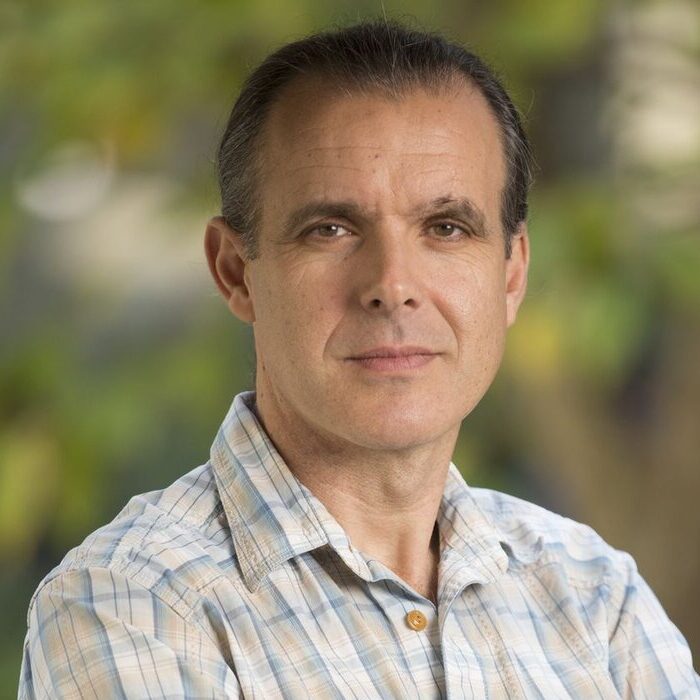 The world’s high seas – our so-called international waters – represent nearly 50% of the planet’s surface but are not owned by any state. Research shows that around half of fishing in the high seas would not be profitable without government subsidies or slave labour… So could we protect it by creating a giant marine reserve, and let nature flourish?
The world’s high seas – our so-called international waters – represent nearly 50% of the planet’s surface but are not owned by any state. Research shows that around half of fishing in the high seas would not be profitable without government subsidies or slave labour… So could we protect it by creating a giant marine reserve, and let nature flourish?
In this episode, Enric speaks honestly with Bryony and Peter about the desperate situation our oceans are facing. Despite the urgent and very real threats to marine life globally, he remains both pragmatic and optimistic about humanity’s ability to protect our seas and to find solutions that work for both people and planet.
Enric Sala is the National Geographic’s ‘Explorer-in-Residence’ which, as he describes in this podcast, is somewhat of an oxymoron. Formerly a university professor, Enric saw himself writing the obituary of ocean life and so quit academia to become a full-time conservationist. Enric has had an astonishing career, having earned numerous awards for his work. He founded and leads Pristine Seas, a project that combines exploration, research, and media to support and empower local communities and inspire country leaders to protect the last wild places in the ocean. To date, Pristine Seas has helped to create 22 of the largest marine reserves on the planet, covering an area of 5.8 million square km.
Find out more:
- Watch Enric’s TED talk ‘Let’s turn the high seas into the world’s largest nature reserve’
- Buy Enric’s latest book ‘The Nature of Nature: Why we need the wild’ online. Find out more here.
Episode 8: Rachel Mander – Activism, beauty and the possibility of change
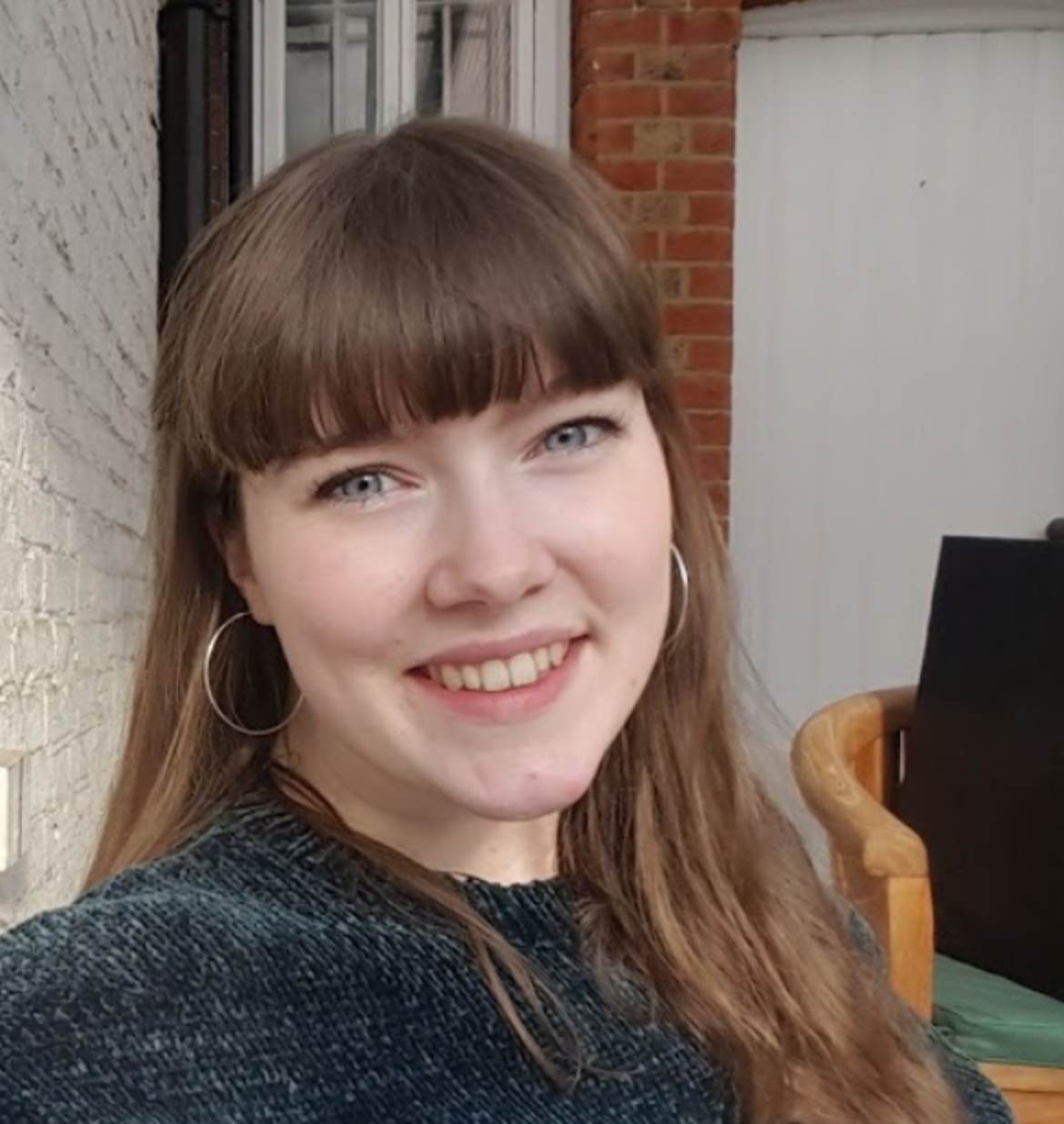
Rachel Mander talks to Bryony and Peter about being an unlikely campaigner, the power of personal action and unlikely places to worship. As a young and increasingly influential leader in the environmental movement in the UK, Rachel speaks honestly about the struggles and external and internal opposition she faces in challenging the status quo.
Rachel is part of A Rocha’s Theology and Churches team. She coordinates the Young Christian Climate Network and also works for Hope for the Future, supporting UK churches to build relationships with their Member of Parliament and take political action on climate change. She blogs at www.thejoyofrachel.com and you can find her on Twitter @manderrachel
Episode 7: Bob Sluka – Marine conservation and mission
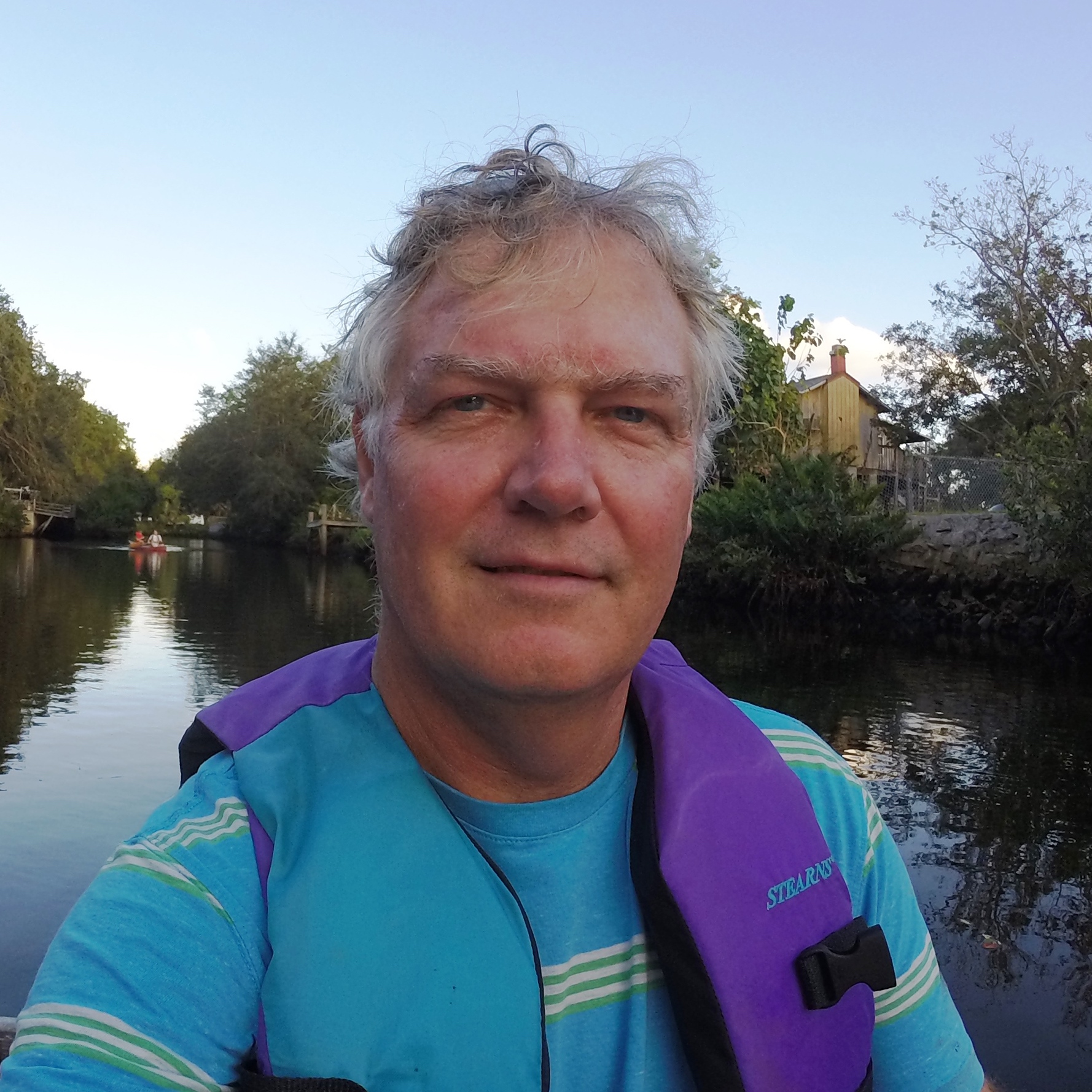 Why do starving manatees matter when there are children dying of preventable disease? Is telling people about Jesus the priority for Christians or should we be doing beach clean ups too? Dr Robert Sluka, A Rocha’s Lead Marine Scientist, talks to Bryony and Peter about how he came to believe that holistic marine conservation brings glory to God and what can be done to help the hungry manatees. Bob references a blog by Daniel Pauly about Seaspriracy, which you can find here.
Why do starving manatees matter when there are children dying of preventable disease? Is telling people about Jesus the priority for Christians or should we be doing beach clean ups too? Dr Robert Sluka, A Rocha’s Lead Marine Scientist, talks to Bryony and Peter about how he came to believe that holistic marine conservation brings glory to God and what can be done to help the hungry manatees. Bob references a blog by Daniel Pauly about Seaspriracy, which you can find here.
Bob is a curious explorer, applying hopeful, optimistic and holistic solutions to all that is ailing our oceans and the communities that rely on them. Dabbling in theology, he writes on the interface between Christian faith and marine conservation. He has worked cross-culturally, living for extended periods in Australia, India, Great Britain and his native USA where he currently resides. Robert’s research focuses on marine biodiversity conservation, plastic pollution, and fisheries, particularly marine protected areas. The ultimate goal is to glorify God through oceans and communities. Find Bob on Twitter: @BobSluka
Episode 6: Gisela Kreglinger – What wine teaches us about earth-keeping and living life to the full
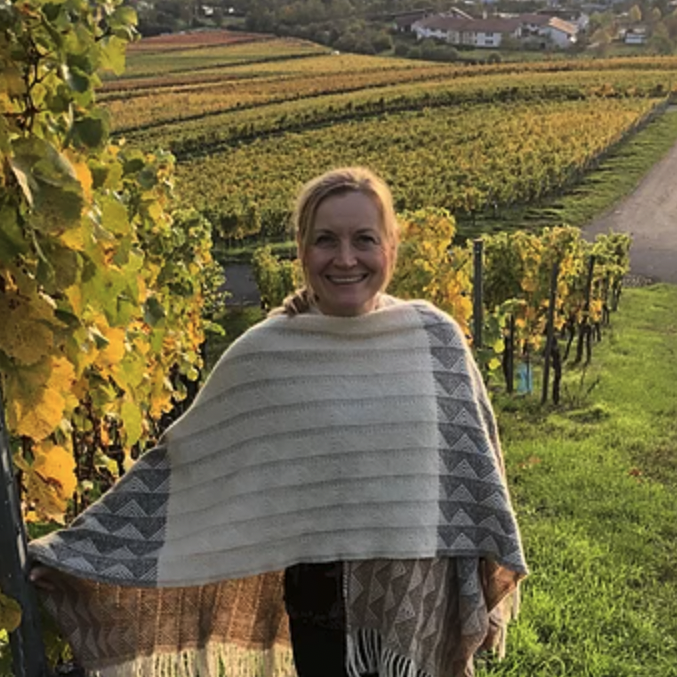 Wine is mentioned over 1,000 times in the Bible, but what is its significance for the Christian faith today? And how can we produce and buy wines which care for creation?
Wine is mentioned over 1,000 times in the Bible, but what is its significance for the Christian faith today? And how can we produce and buy wines which care for creation?
Gisela Kreglinger grew up on a family-owned winery in Franconia, Germany where her family has crafted wine for many generations. This unique experience has inspired her to write several books, including ‘The Spirituality of Wine’ and ‘The Soul of Wine’. As a trained theologian with a PhD from the University of St Andrew’s, Gisela has devoted her life to cultivating a more holistic, embodied spirituality that takes creation seriously, not least in the form of wine. To find out more about Gisela and her work, visit www.giselakreglinger.com.
She speaks with Bryony and Peter about her childhood as the daughter of winemakers, the complexity of a good wine and the importance of sustainable vineyards.
Episode 5: Stuart Blanch – The mental health cost of environmental campaigning
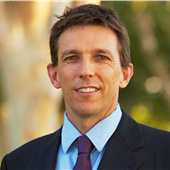
In this moving interview, Dr Stuart Blanch, President of A Rocha Australia, tells us about his personal experience of dealing with eco-anxiety, despair and anger in the face of the destruction of the natural world. He continues to hope and to love. Stuart grew up on the New South Wales Coast in a banana farming family and, alongside his role with A Rocha, now works in forest conservation policy for WWF-Australia. He is a conservation scientist, environmental campaigner and has trained in environmental law, and is passionate about God, people and the planet.
Episode 4 – Ellen Davis: Biblical ecology, contemporary life and church teaching
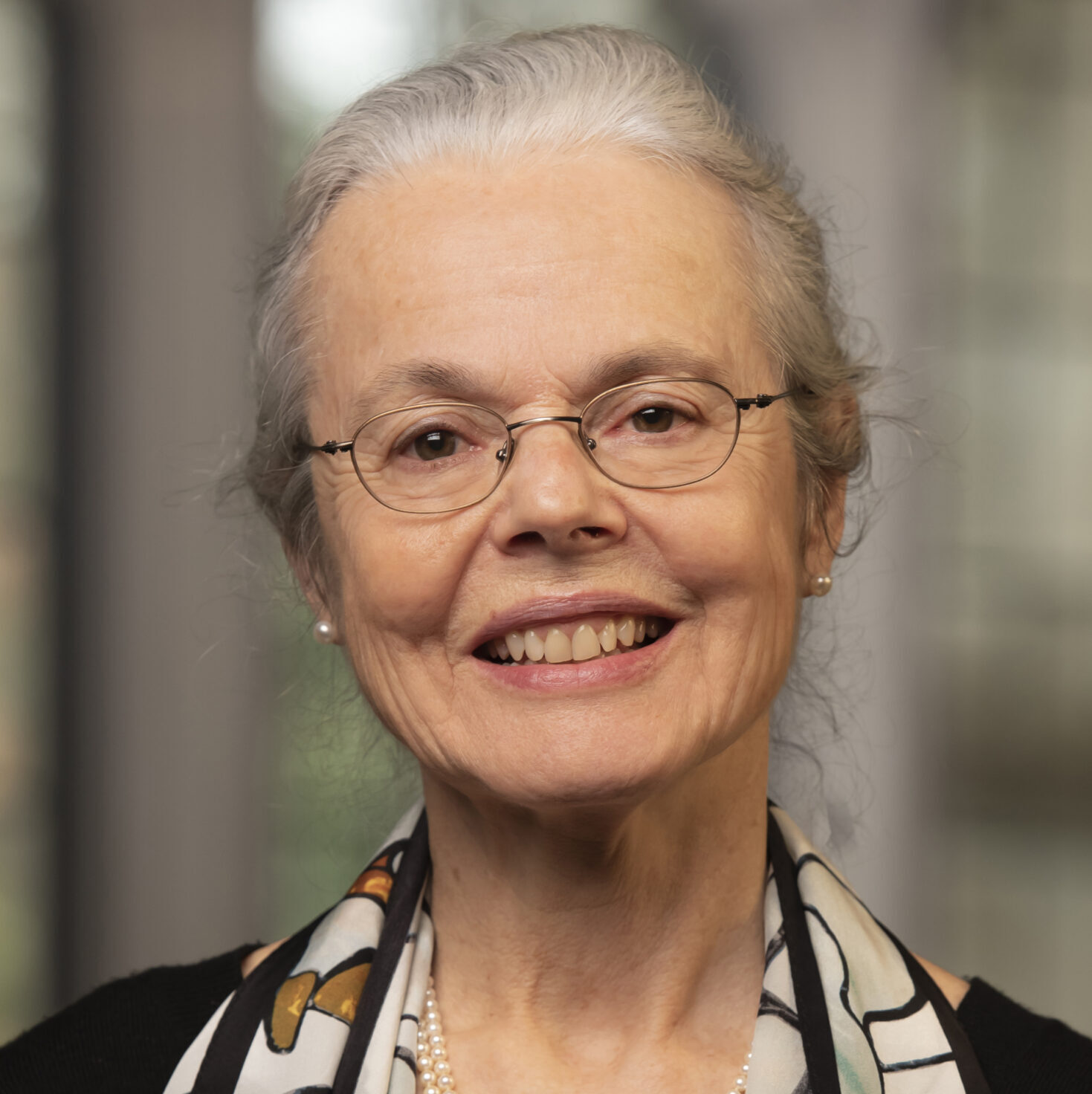
Ellen F. Davis is Amos Ragan Kearns Distinguished Professor of Bible and Practical Theology at Duke Divinity School. The author of eleven books and many articles, her research interests focus on how biblical interpretation bears on the life of faith communities and their response to urgent public issues, particularly the ecological crisis and interfaith relations.
She speaks to Peter and Bryony about her personal interest in the environmental content of scripture, the teaching of the church on climate issues and our interpretation of the opening chapters of Genesis.
Episode 3 – Paul Kariya: Mediation, reconciliation and climate change
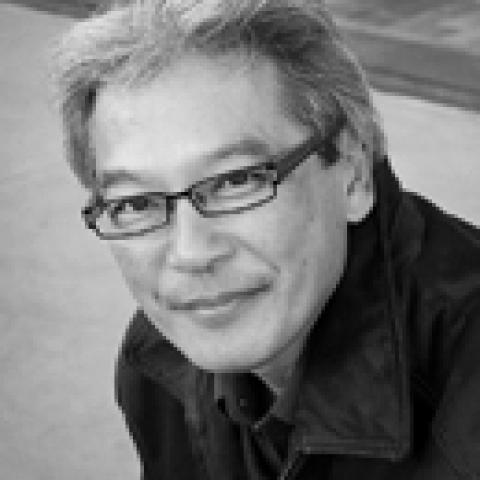
Dr Paul Kariya is Senior Policy Advisor for the Coastal First Nations Great Bear Initiative, an alliance of nine British Columbia First Nations which aims to protect the Great Bear Rainforest, and was a trustee of A Rocha International for nearly a decade. By the end of the 1990s, forest and ocean resources of the area were being rapidly depleted by heavy industrial logging and commercial fishing. The Great Bear Initiative was envisioned to assert First Nations leadership in creating a new conservation-based economy. Paul talks to Bryony and Peter about his work with the Great Bear Initiative, the importance of conflict and reconciliation and how he holds hope for the planet.
For more information about the Great Bear Rainforest visit greatbearcorp.ca/about
Episode 2 – Florence Muindi: Health, poverty and conservation in the global south
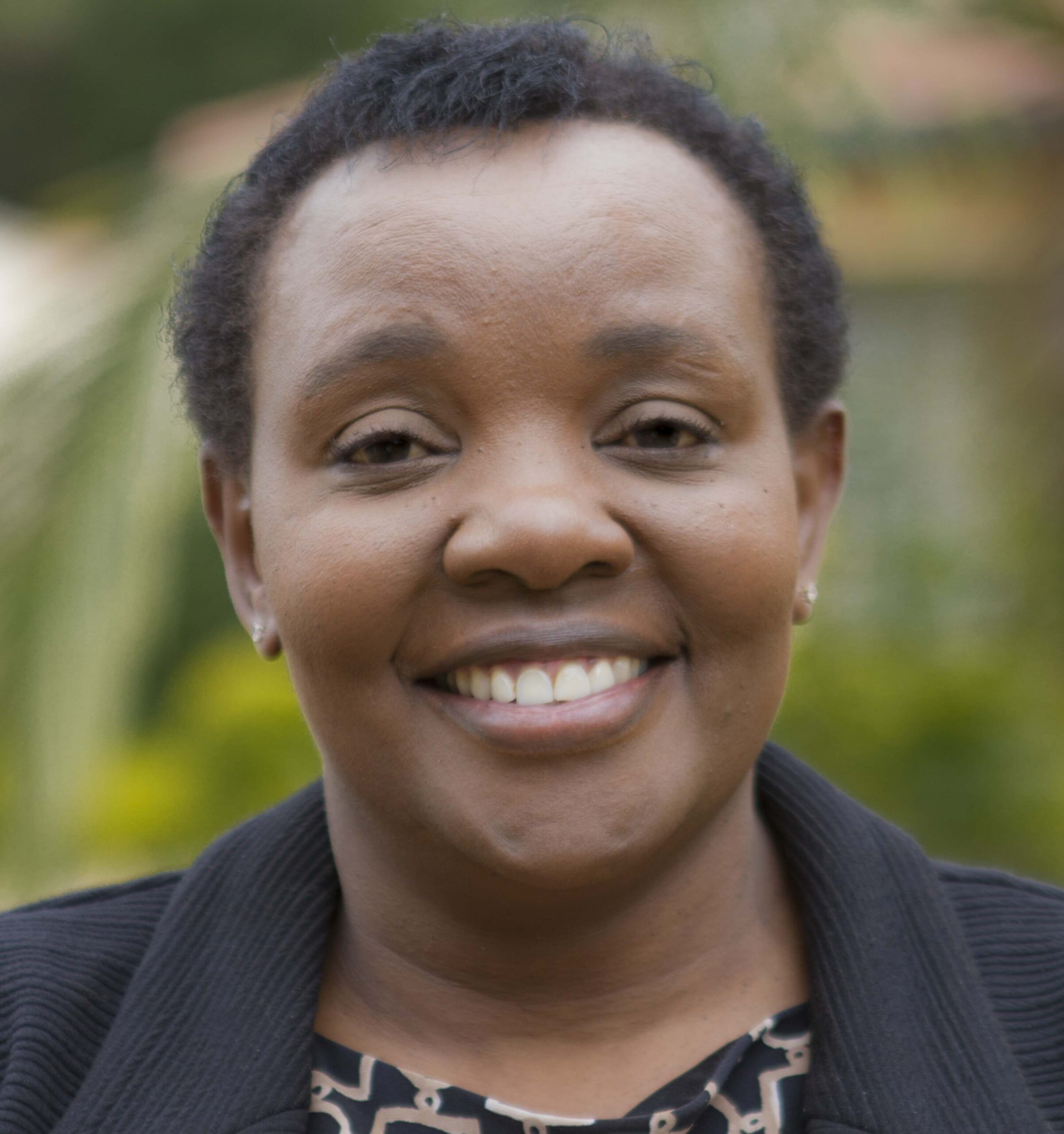
As CEO, Dr Florence Muindi oversees the work of Life in Abundance in 12 countries in Africa and two in the Caribbean, as well as support offices in the US, UK and Europe. She is considered a sector leader in transformational community development work. Florence is a wife to Dr Festus Muindi, a mother, an ordained minister and an A Rocha International trustee. She is the author of ‘The Pursuit of his Calling’ (Integrity Publishers Inc: 2008).
Life in Abundance is an African-founded, African-led, and faith-based organization with over 25 years of experience bringing hope to more than a million people in need. Visit lifeinabundance.org for more information.
Episode 1 – Paula Banza: Community, moths and wildfires (or, Why we cannot afford not to have hope)
